Covering local news and culture in New York City with NewsBreak
- Details
- Category: World Hot News
- Published: Wednesday, 17 May 2023 08:24
- Written by Gentry
Editor's note: The nation’s No. 1 intelligent local news app News Break, Hosted a lively speaking session at their Empire State Building offices Yesterday.
Learn how some of the top local creators in New York City are successfully covering their communities during a panel discussion led by the NewsBreak team. We’ll delve into their process, tips and tricks and how they’ve helped fill the void left by vanishing traditional news publishers.

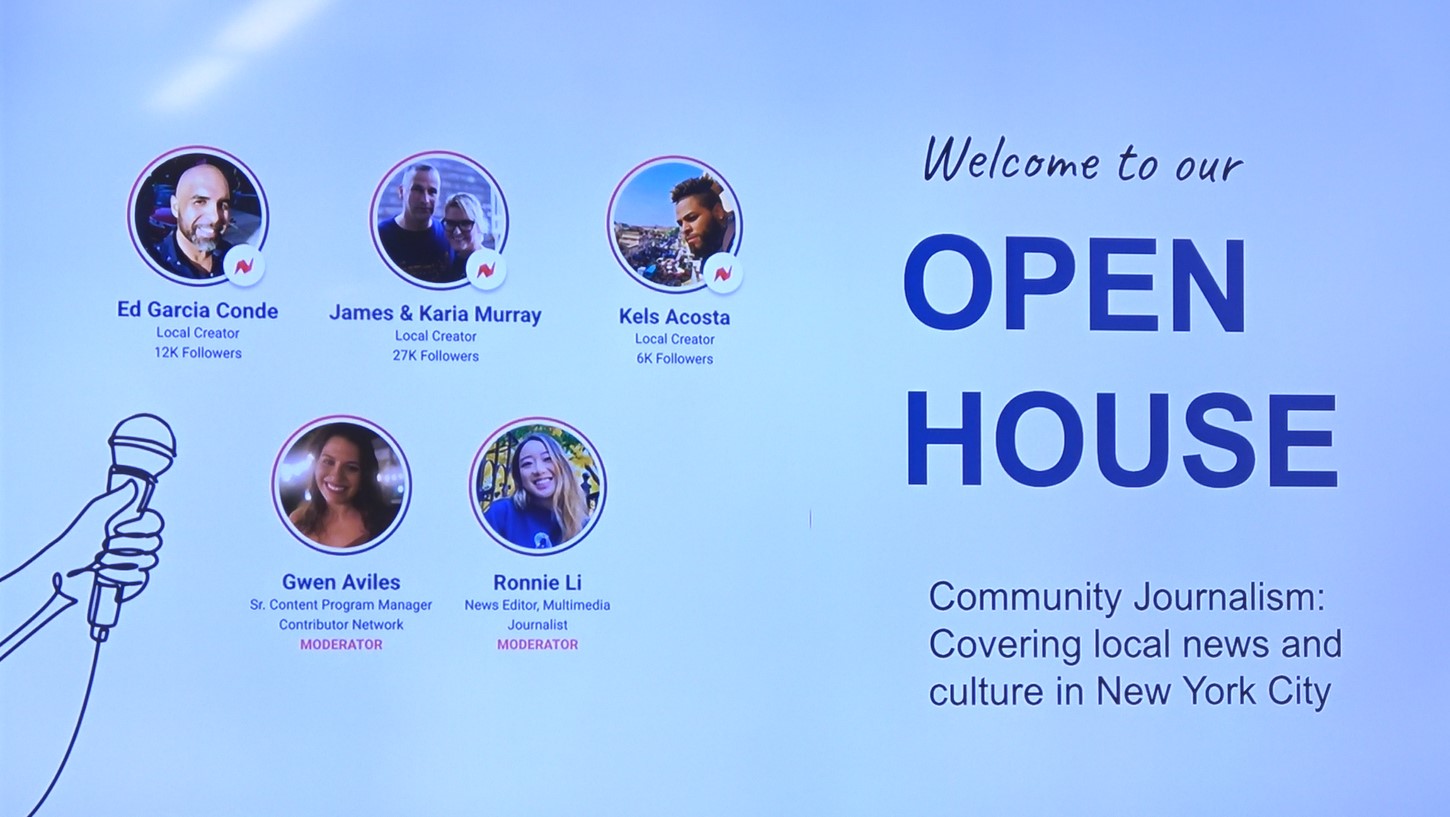
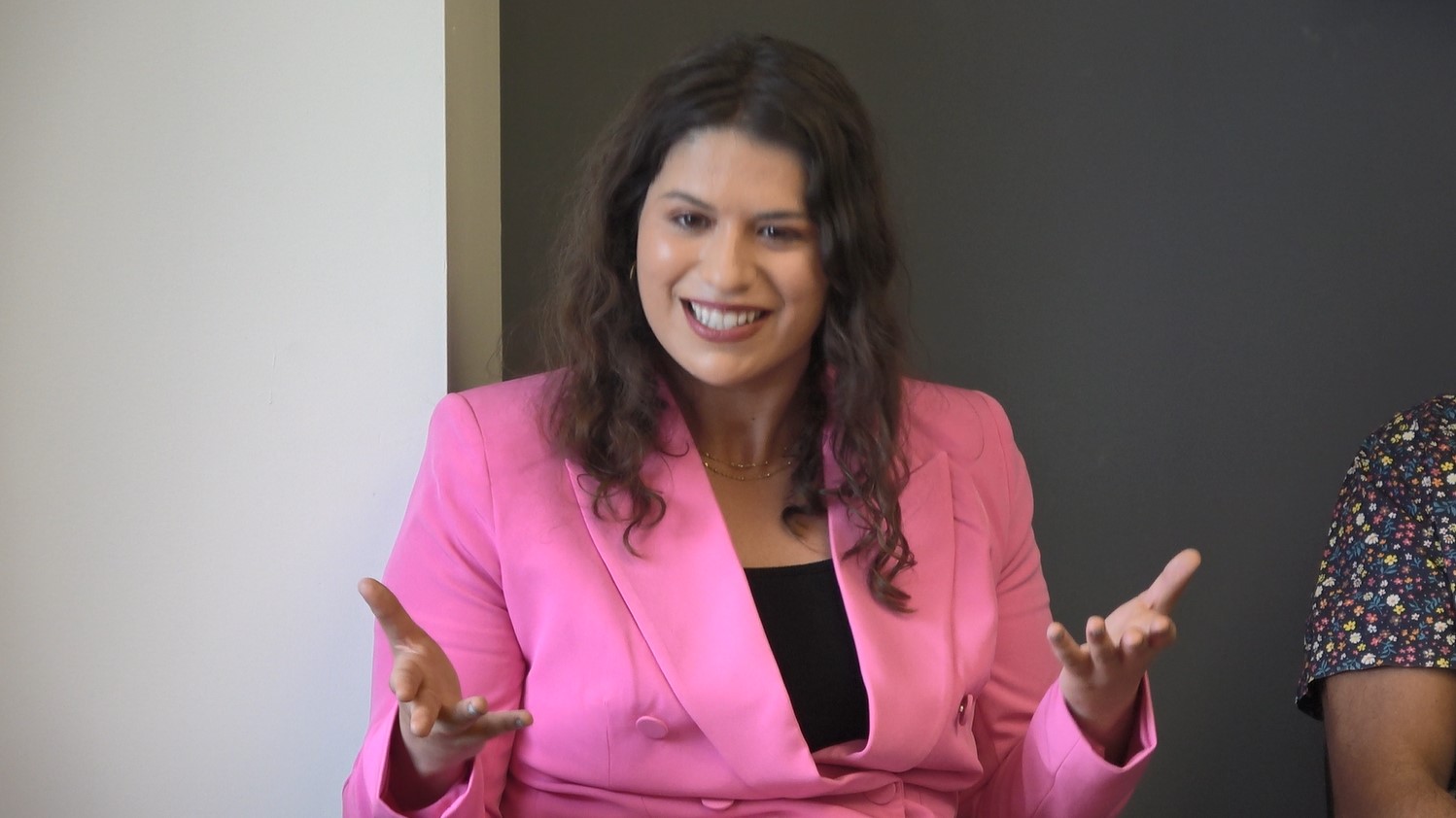
Gwen Aviles is a senior content program manager at NewsBreak, where she works to connect local content creators and journalists with audiences. She previously worked as an editorial project manager on Twitter’s Curation team and as a reporter and editor for news outlets like NBC News and Insider. Gwen holds degrees from Northwestern and Columbia’s journalism schools. A Brooklyn native, she enjoys trying out local restaurants, browsing bookstores, and taking her labradoodle, Paloma, on walks around the city.


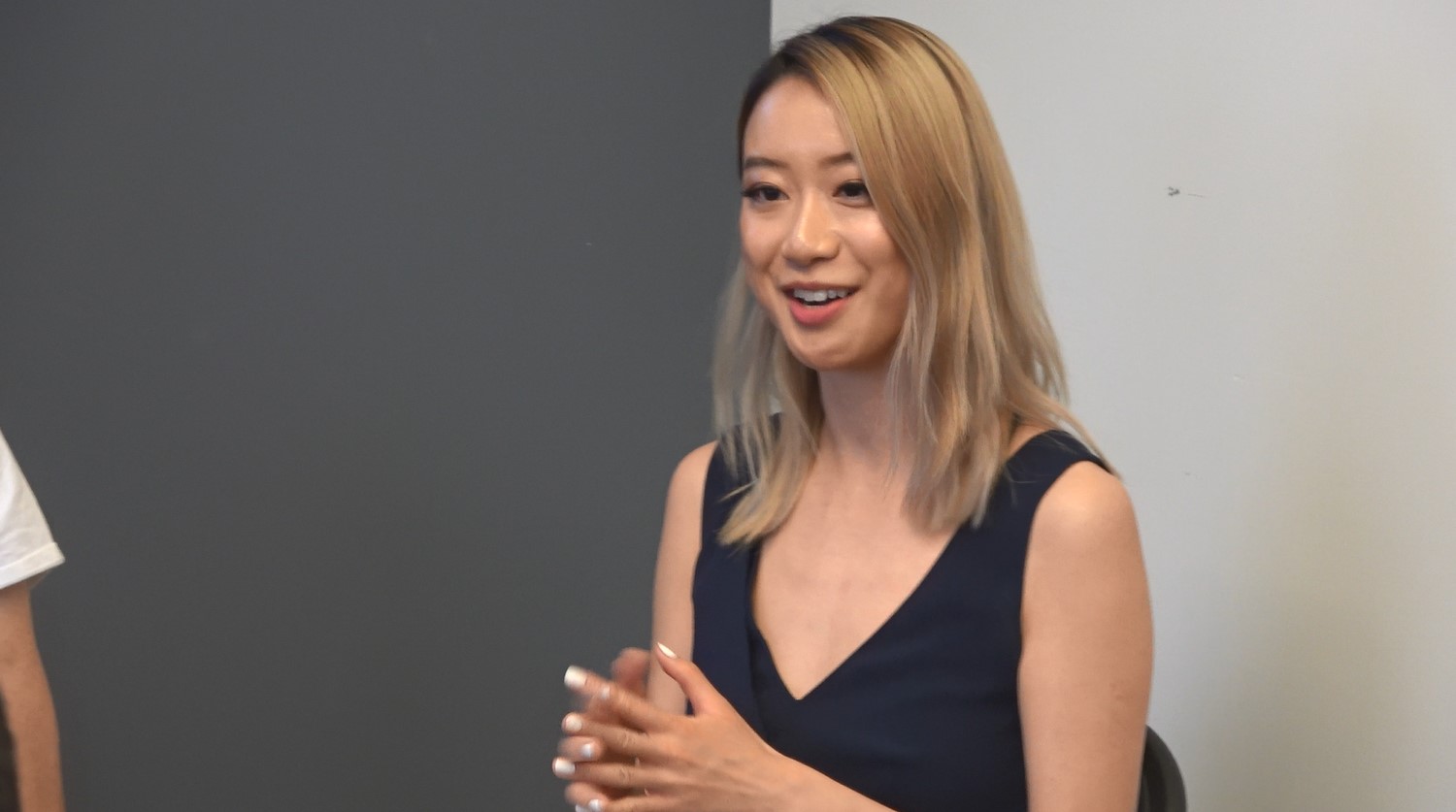
Ronnie Li: Ronnie is an editor at NewsBreak: she leads the content programming team and handles anything from breaking news to top national headlines. Ronnie has a background in broadcast and multimedia journalism. Prior to NewsBreak, she has worked as an on-air reporter at Phoenix TV and video production assistant at the United Nations. She is also a proud alum of Columbia Journalism School. Outside of work, you can find her dancing, snowboarding and playing tennis. She loves fresh brewed coffee and crisp fruity wine.

Kels Acosta is a video content creator with a passion for documenting new restaurants and great eats in New York City, including Chinese and Peruvian fusion spots and popular Caribbean food restaurants. His vivid reviews have earned him more than 6,000 NewsBreak followers. Kels is also a travel guide and enjoys covering new locales.

Ed García Conde is the founder and editor of Welcome2TheBronx, the borough's largest independent blog and news site. For more than a decade, Ed has been helping to reshape how The Bronx is portrayed in the mainstream media by challenging the decades of negative stereotypes through his photography and articles on the borough. In 2015, Ed and Welcome2TheBronx were recognized by New York City's Historic District Council as a "Friend in the Media" for his work in documenting The Bronx's landmarks in the face of rapid development and since 2017, Columbia University Libraries has been archiving Welcome2TheBronx in order to preserve the website for future scholarly research.
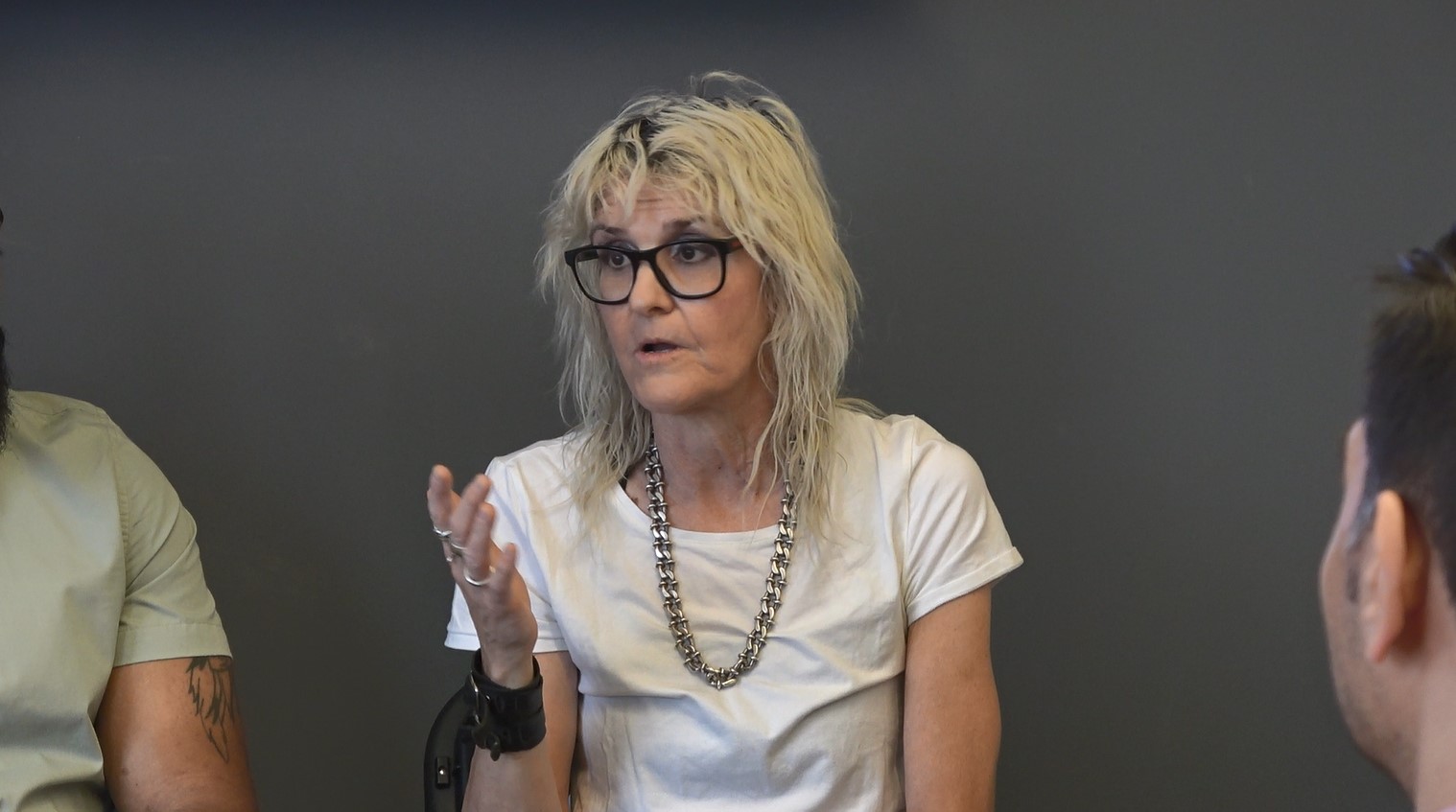
James and Karla Murray are husband-and-wife architectural and interior photographers and videographers based in New York City. They began covering small businesses and 'mom-and-pop' stores after noticing the alarming rate at which the shops were disappearing. Their critically acclaimed books include Store Front: The Disappearing Face of New York, Store Front II- A History Preserved, Broken Windows-Graffiti NYC, and New York Nights, which was the winner of the prestigious New York Society Library’s 2012 New York City Book Award.


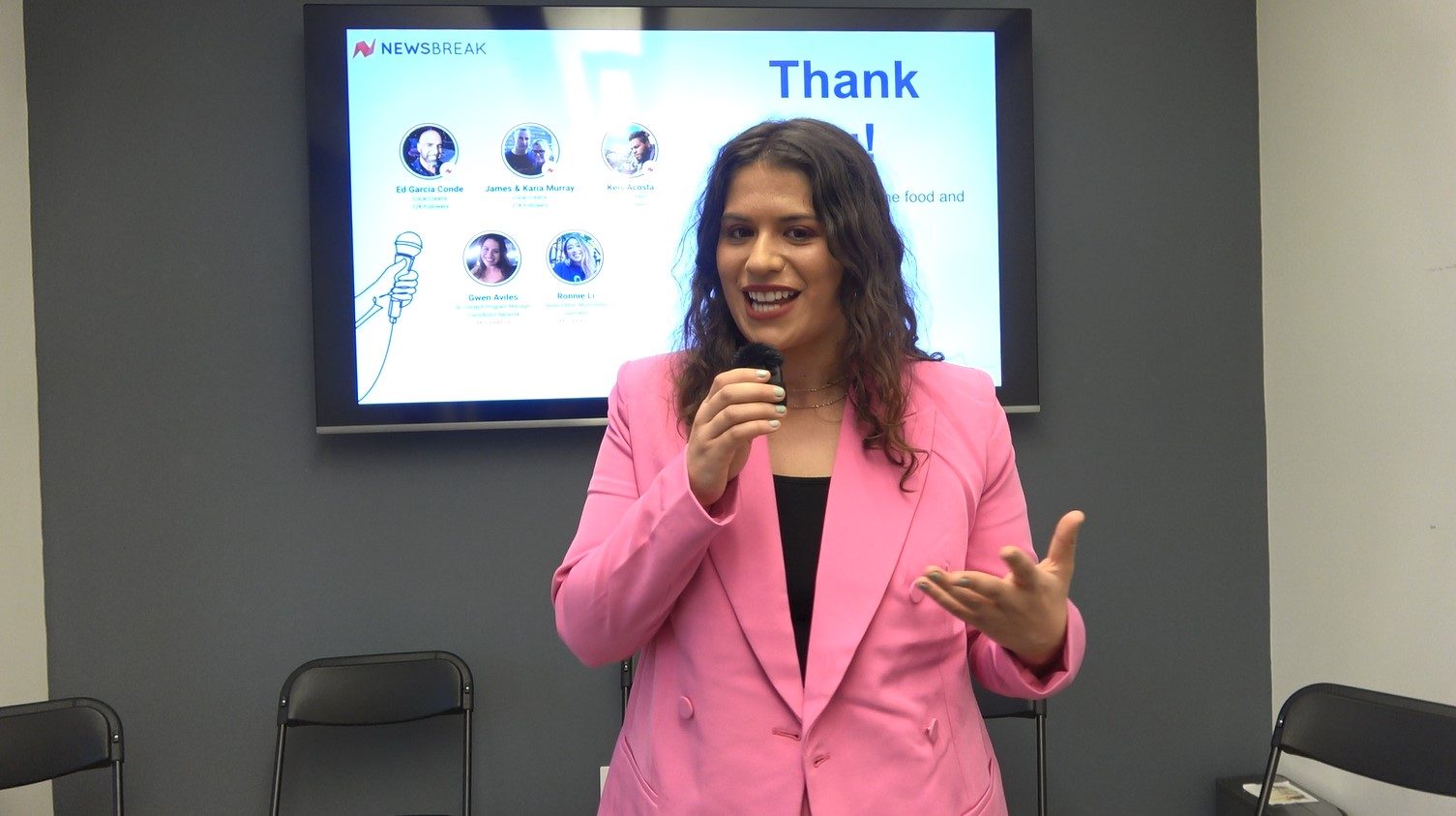
About NewsBreak
NewsBreak is the nation’s No. 1 intelligent local news app, with more than 45 million monthly active users. In addition to supporting thousands of traditional media outlets, NewsBreak provides a platform for individual contributors to share local news, culture, and lifestyle content. You can download the NewsBreak app in the Apple App Store or Google Play App Store and/or apply for a content creator account here.

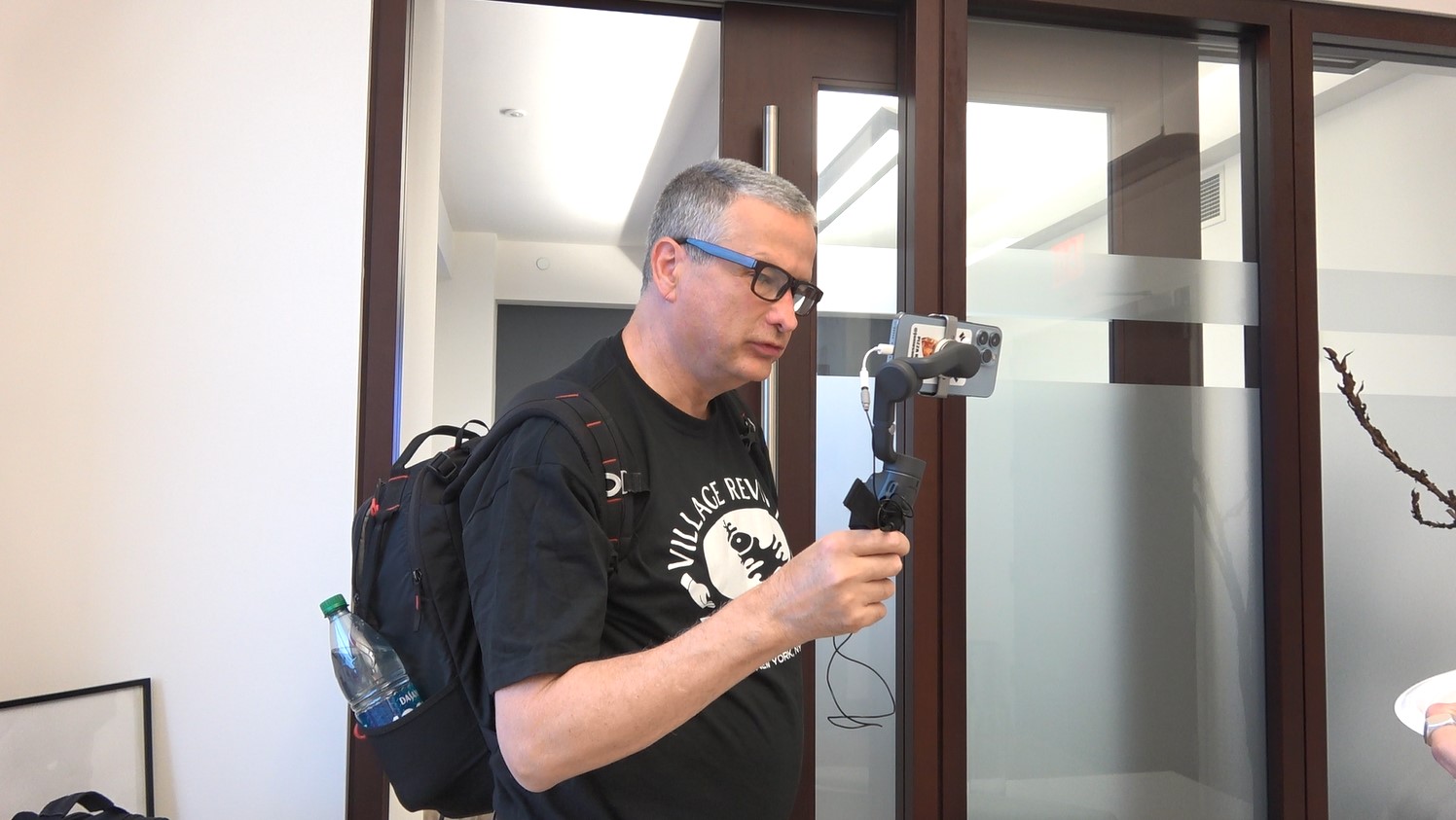
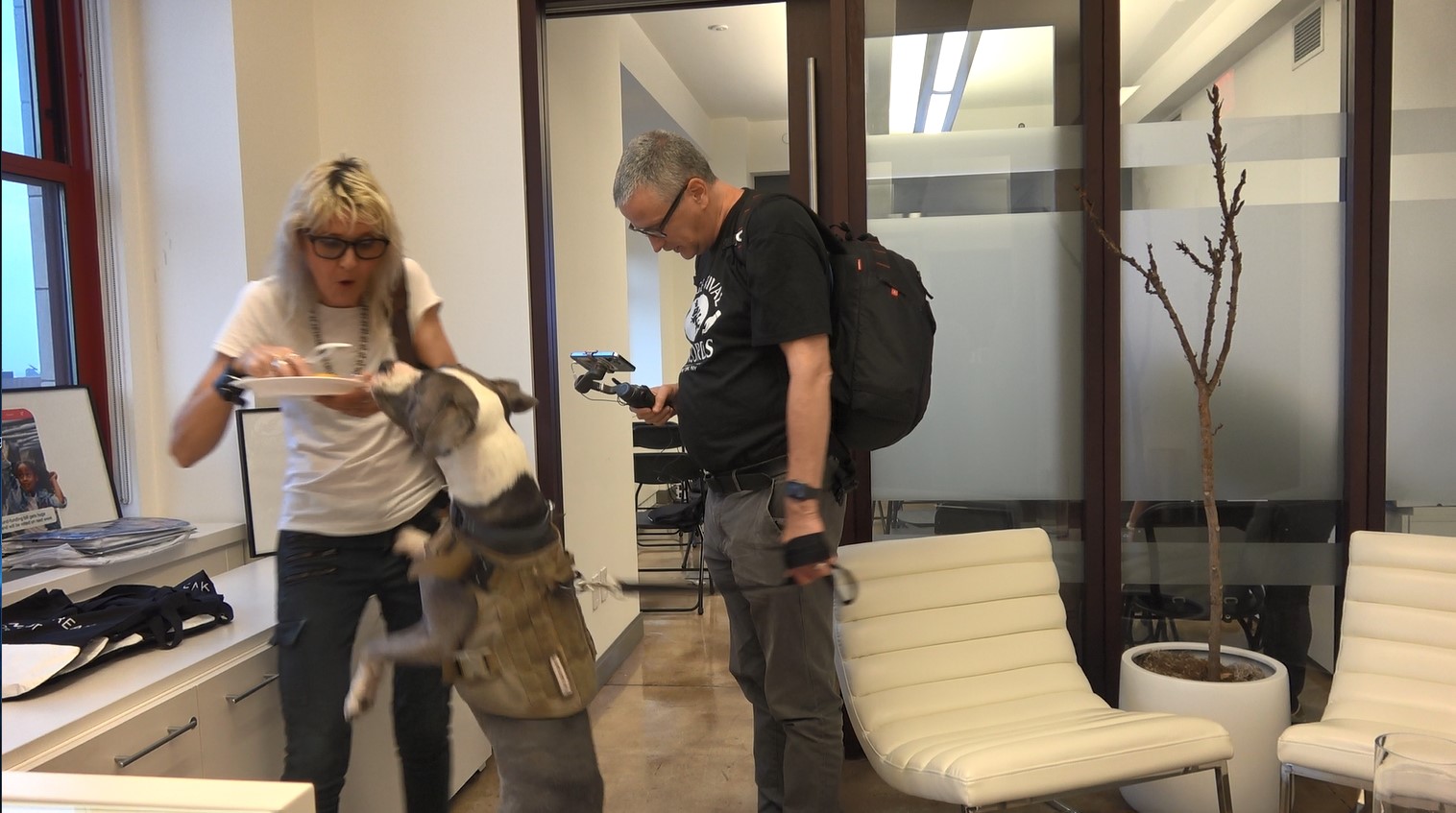
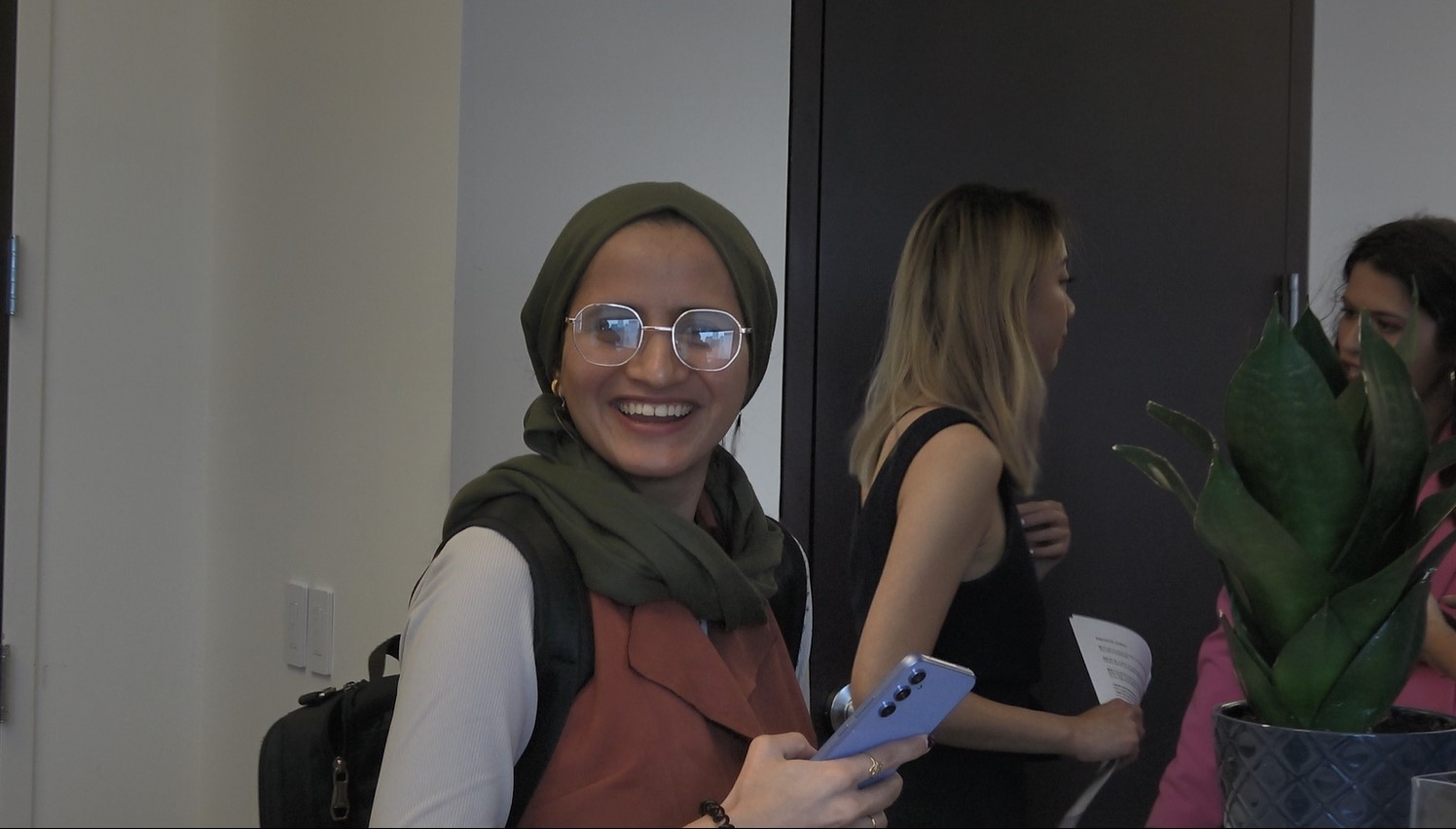







 UN Photo/Jermaine Duncan Secretary-General António Guterres (right) and Prime Minister Andrew Holness of Jamaica shake hands prior to their press conference in Kingston, Jamaica.
UN Photo/Jermaine Duncan Secretary-General António Guterres (right) and Prime Minister Andrew Holness of Jamaica shake hands prior to their press conference in Kingston, Jamaica.
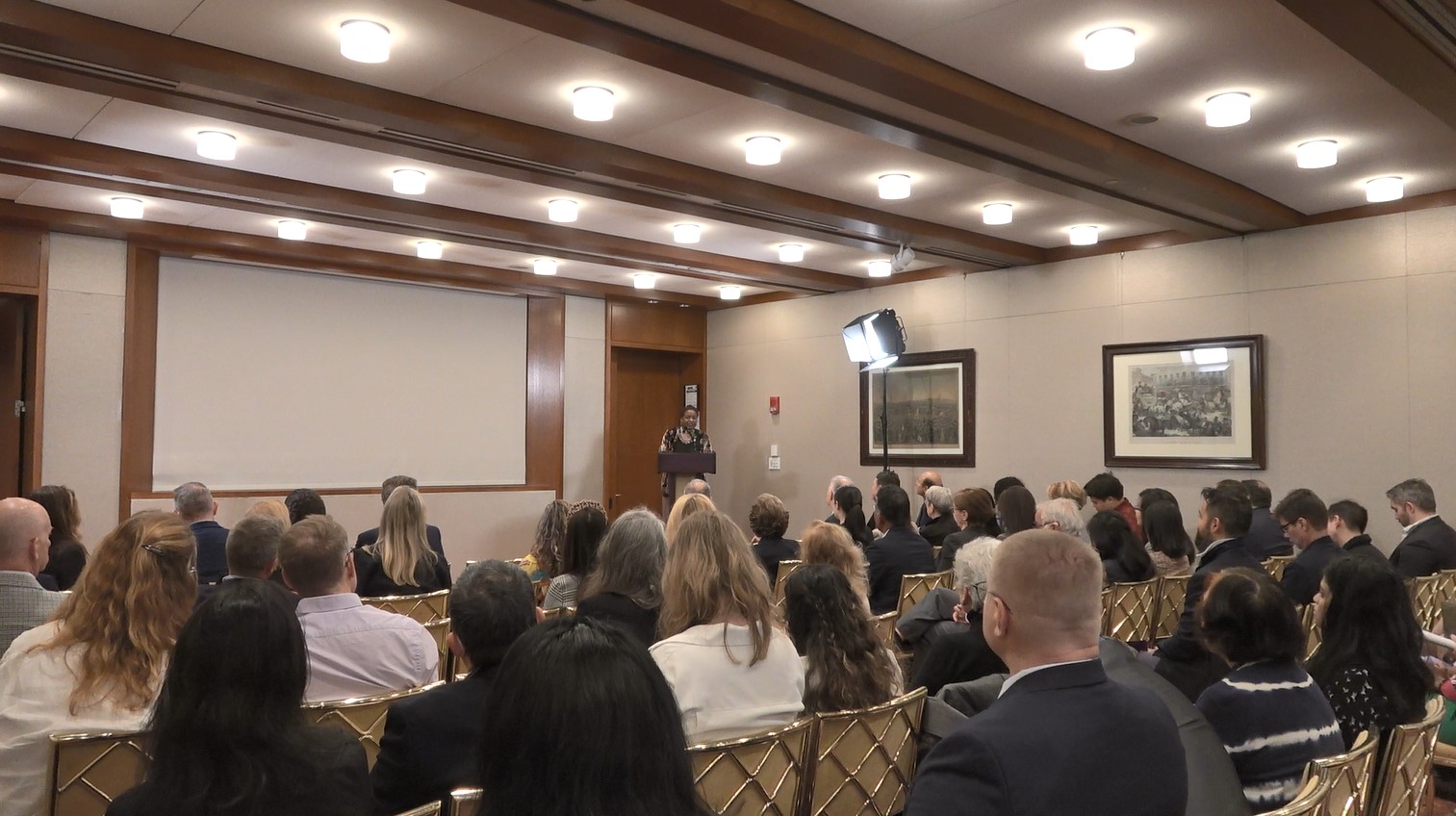
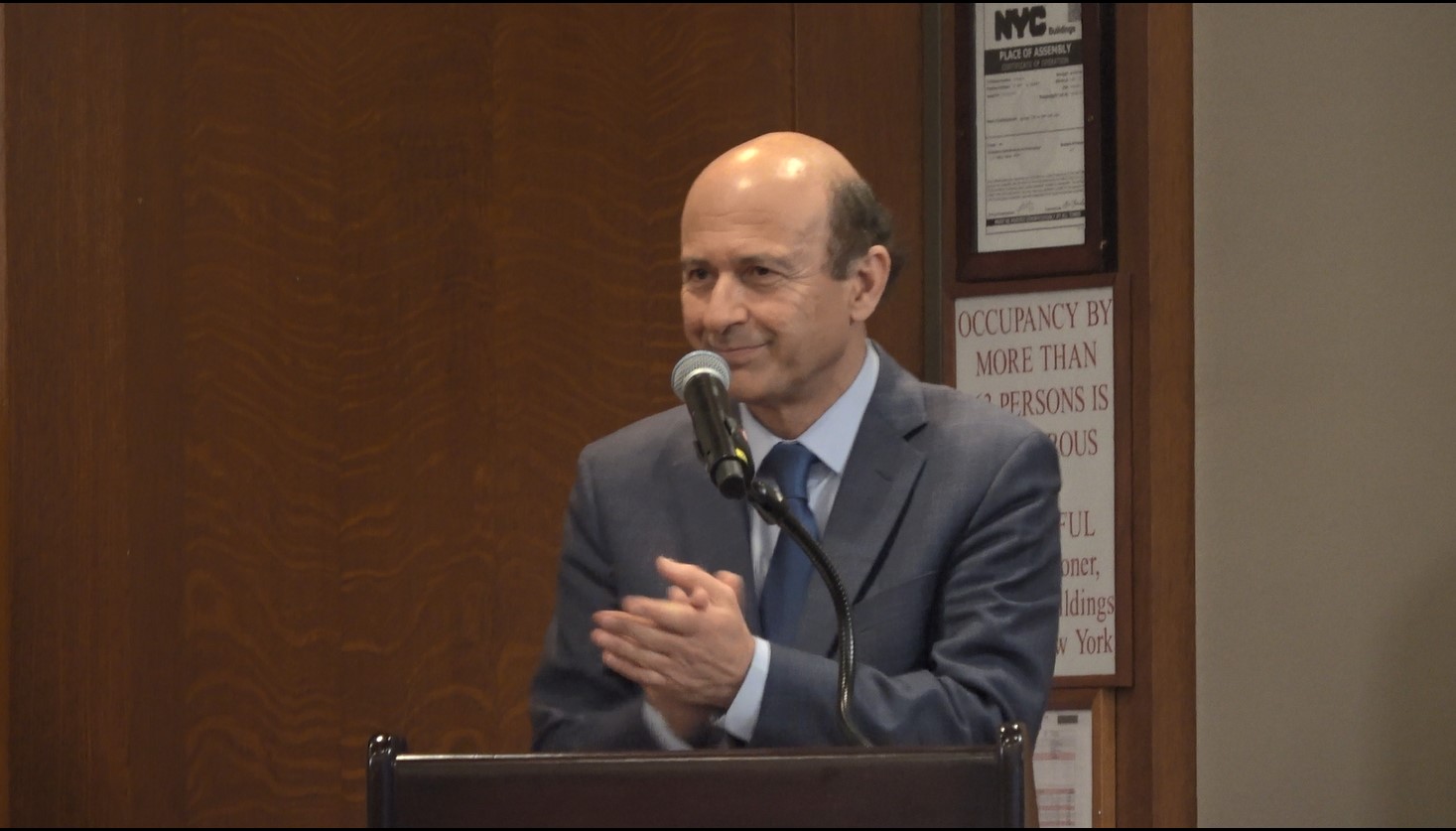
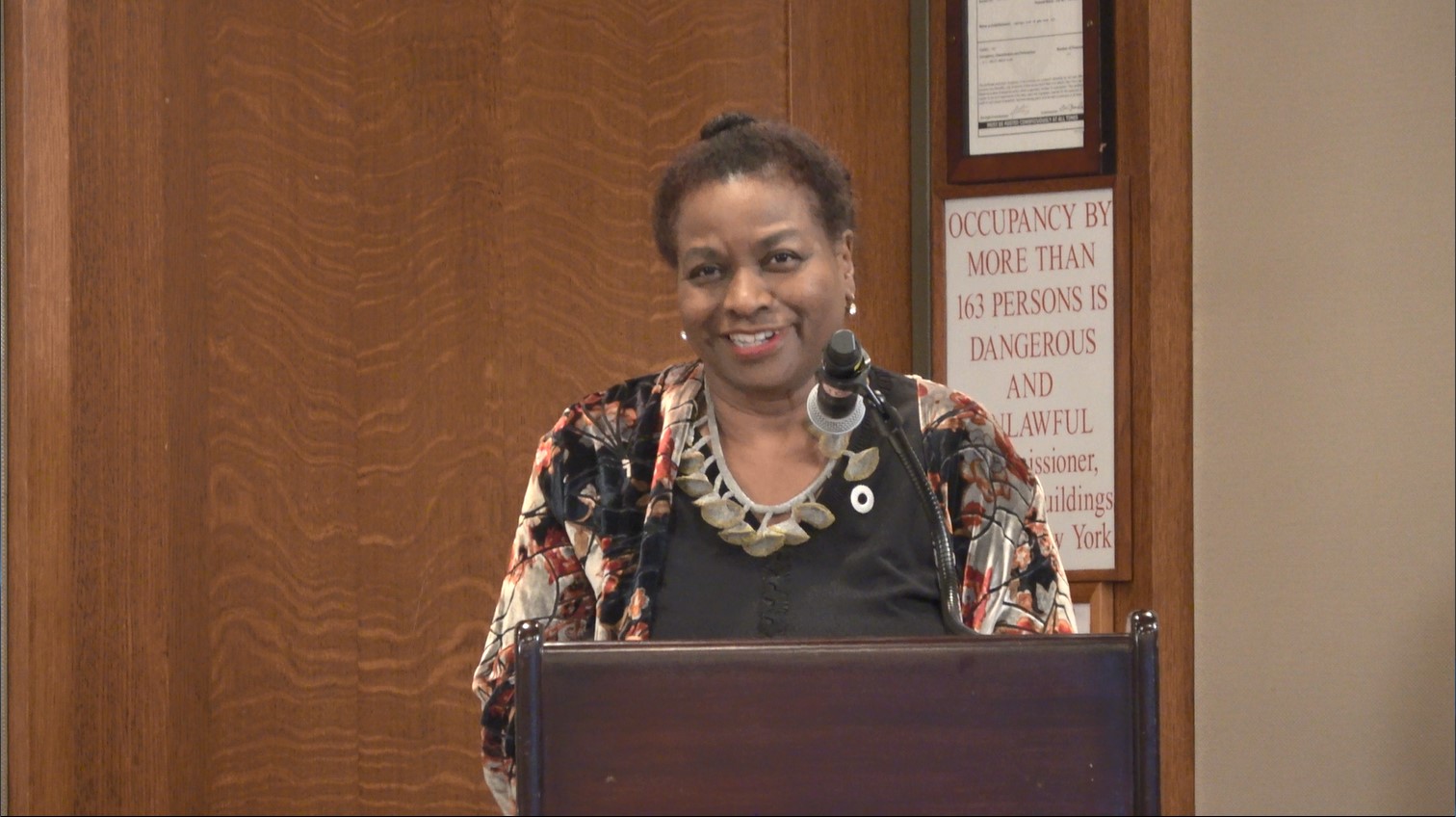 Dr. Natalia Kanem is the fifth Executive Director of UNFPA since the Fund became operational in 1969.
Dr. Natalia Kanem is the fifth Executive Director of UNFPA since the Fund became operational in 1969.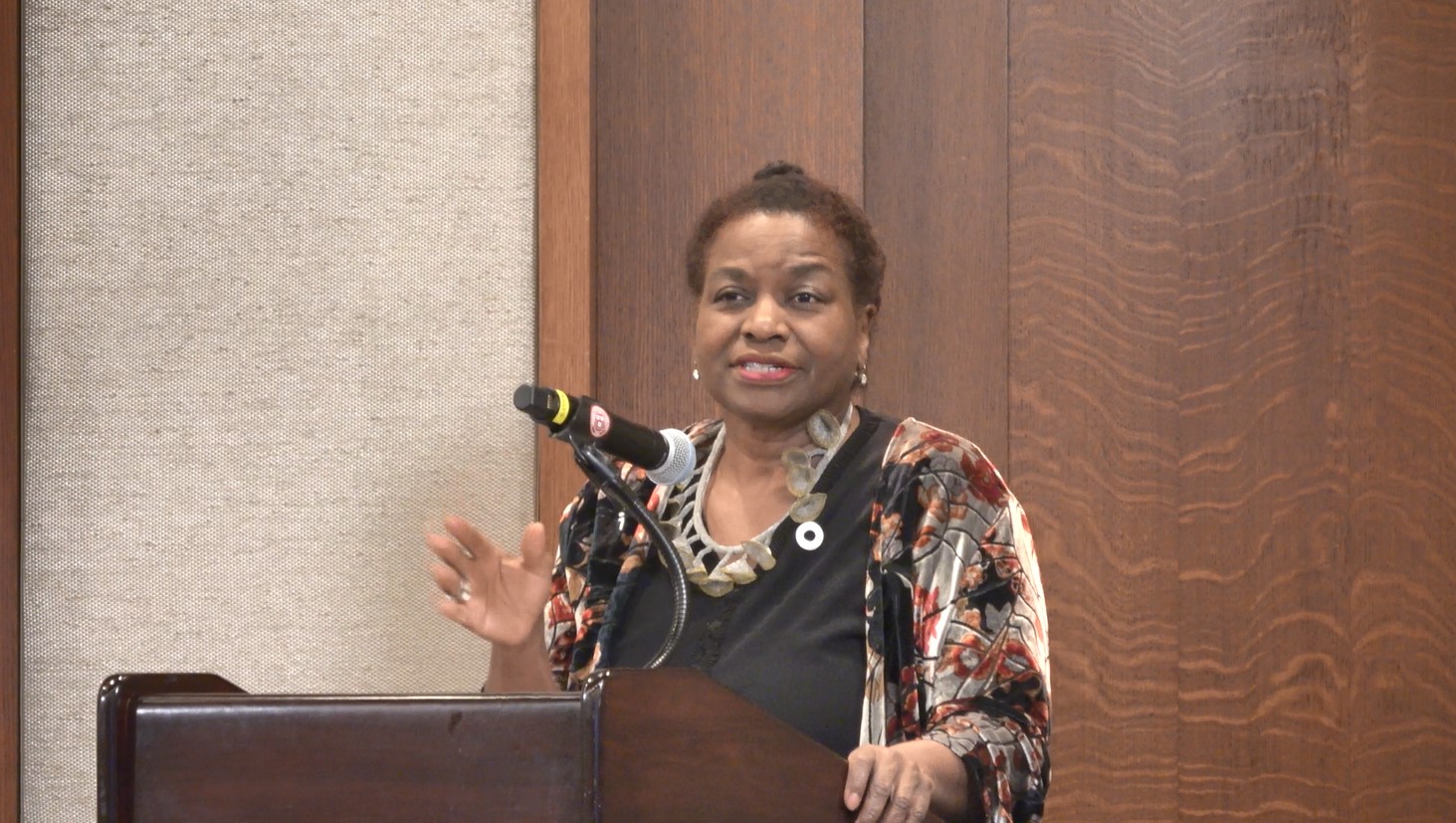
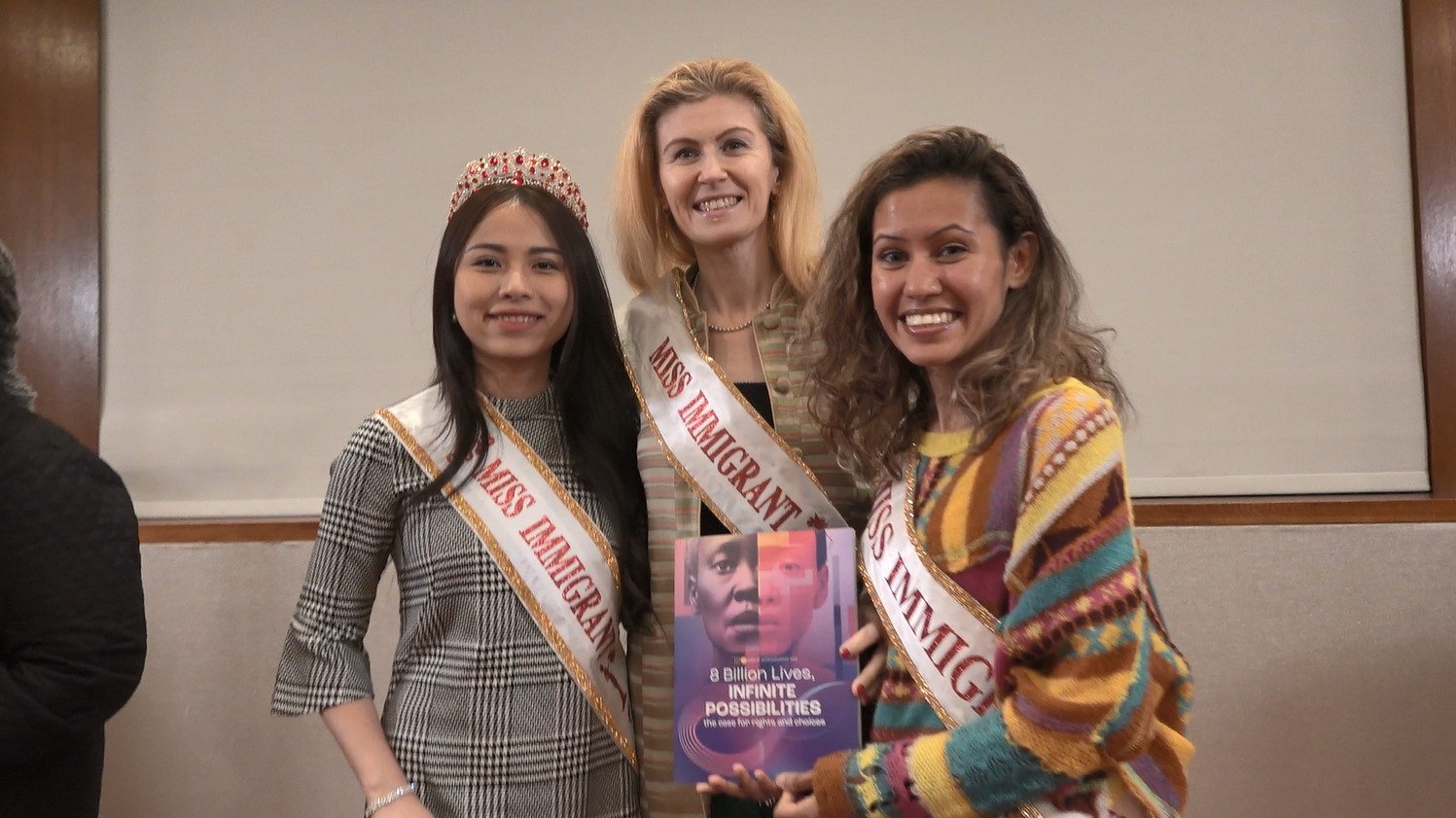
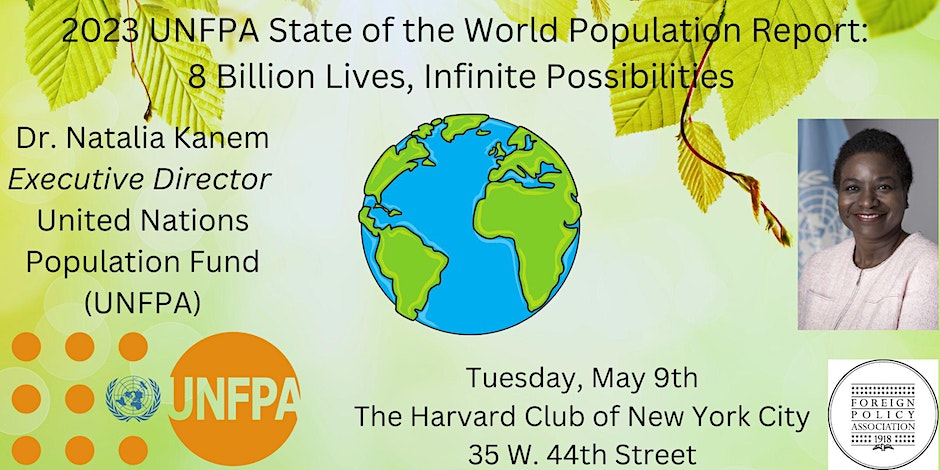
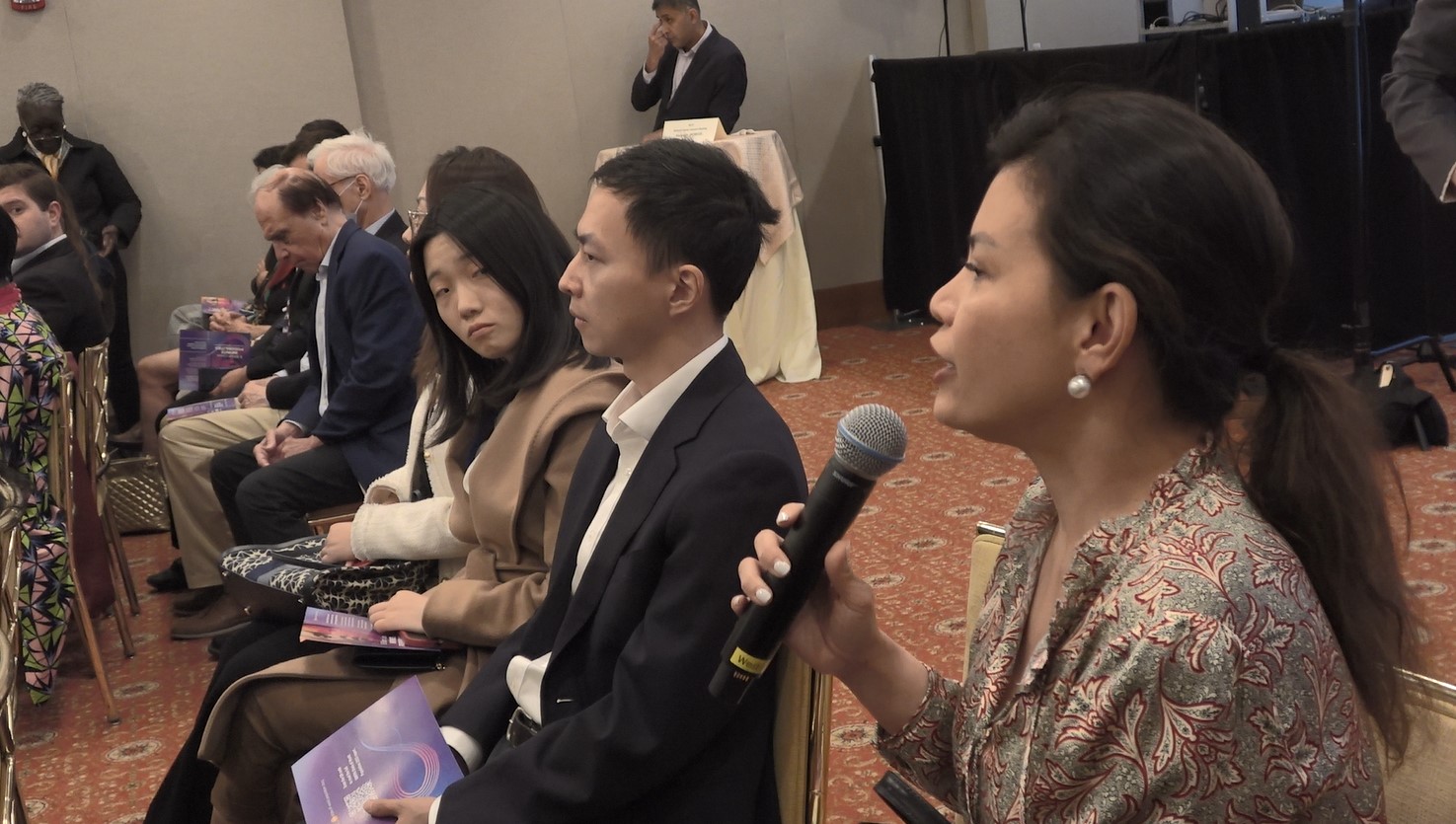
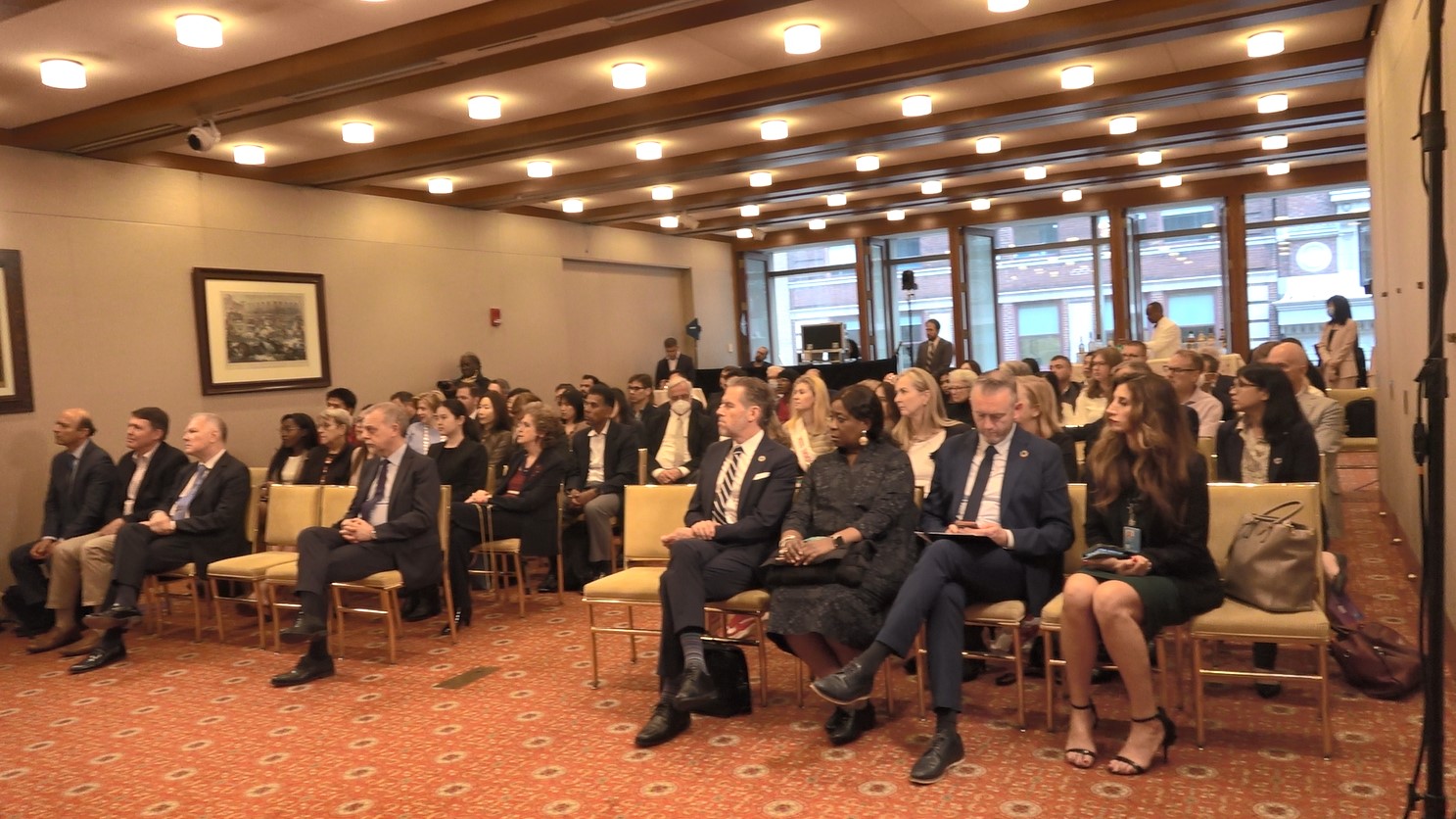
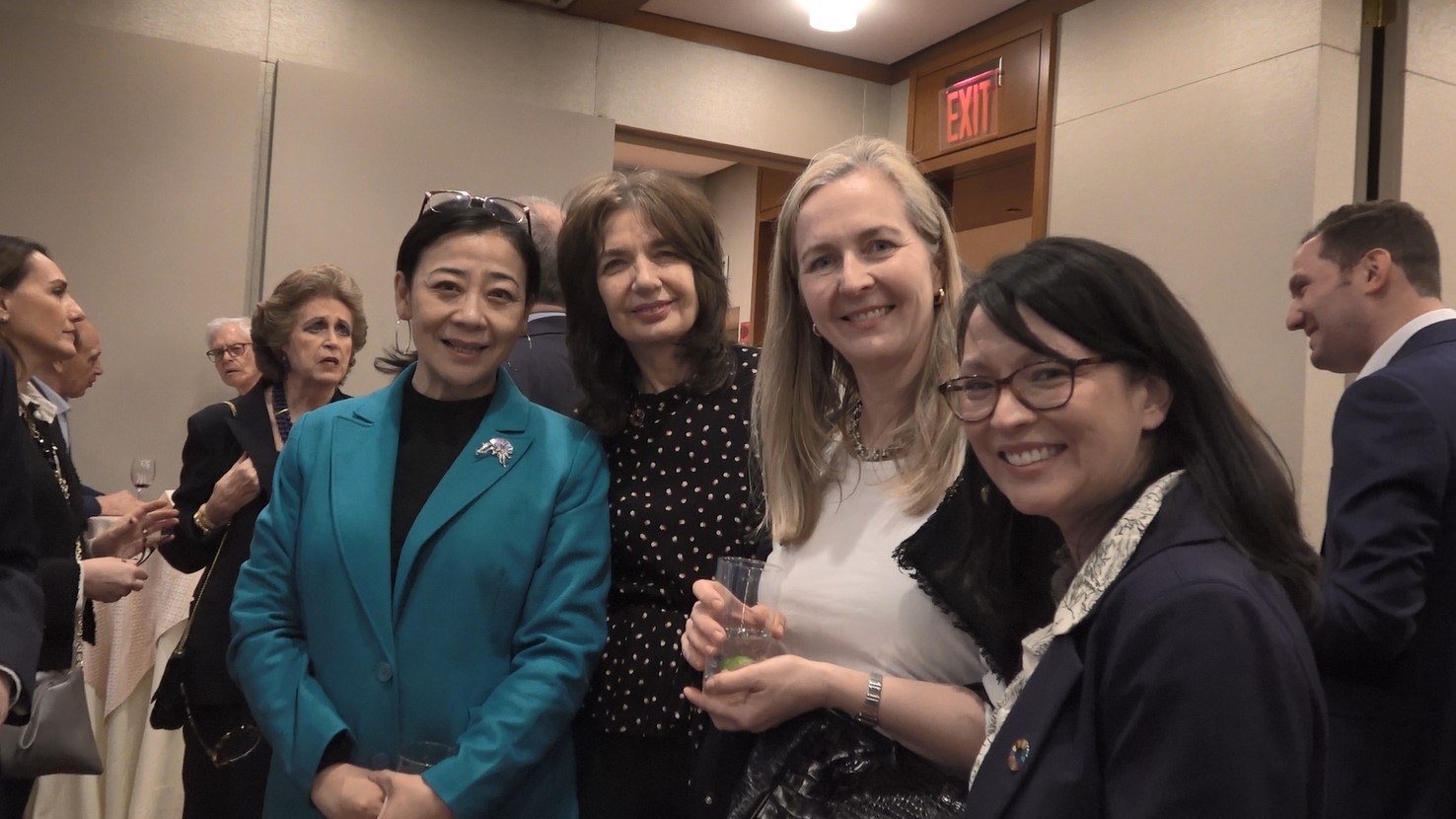
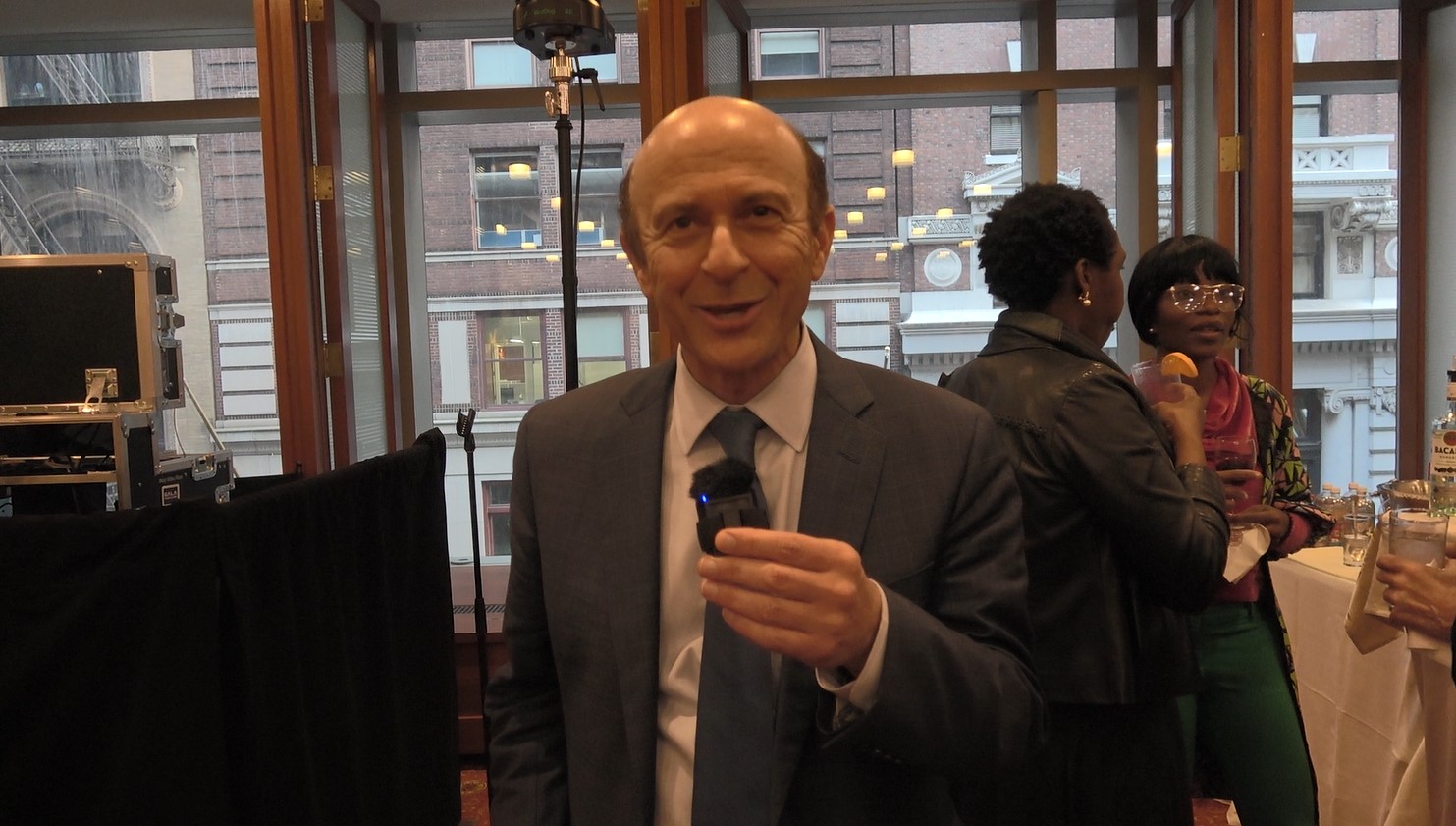
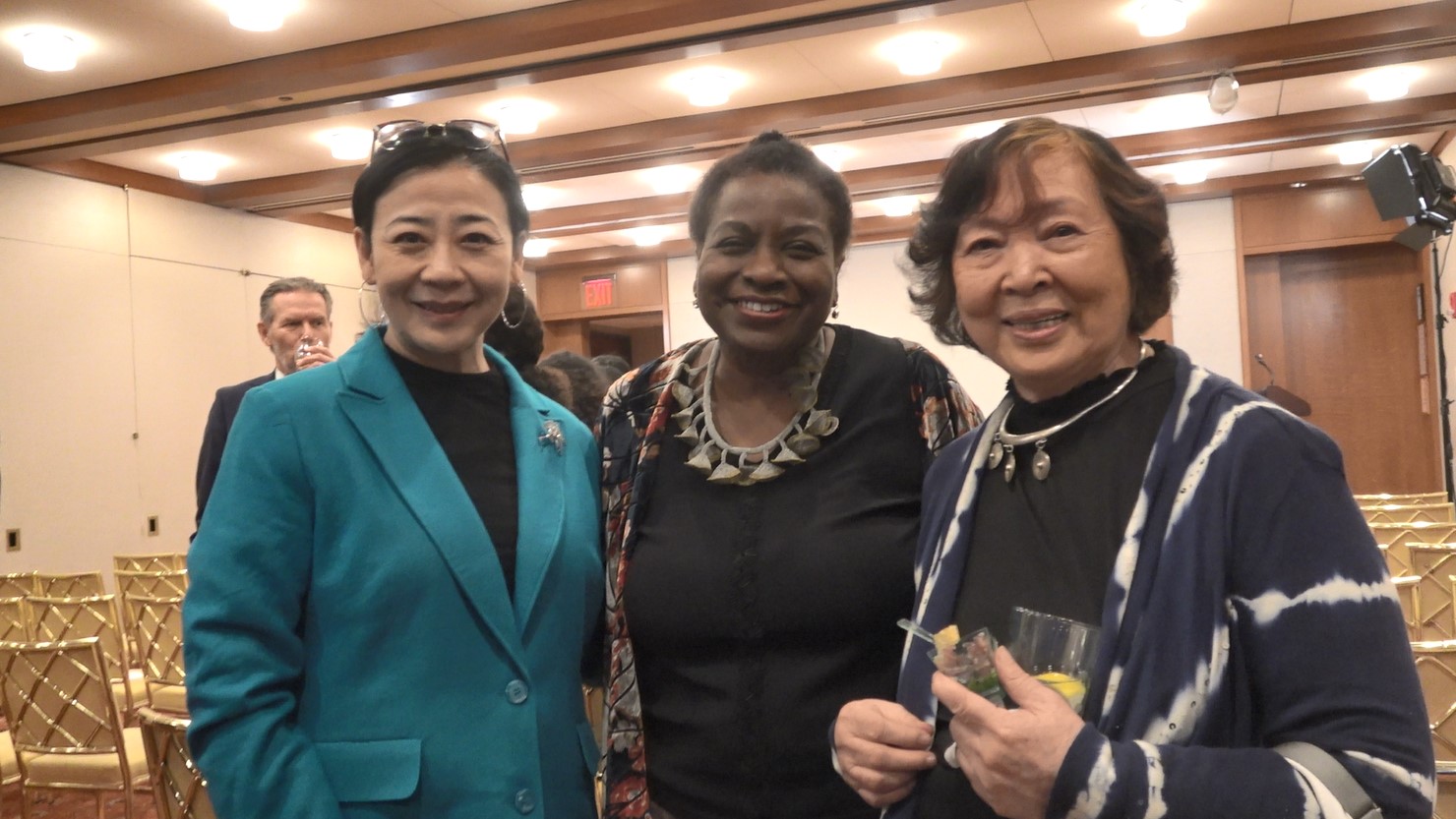
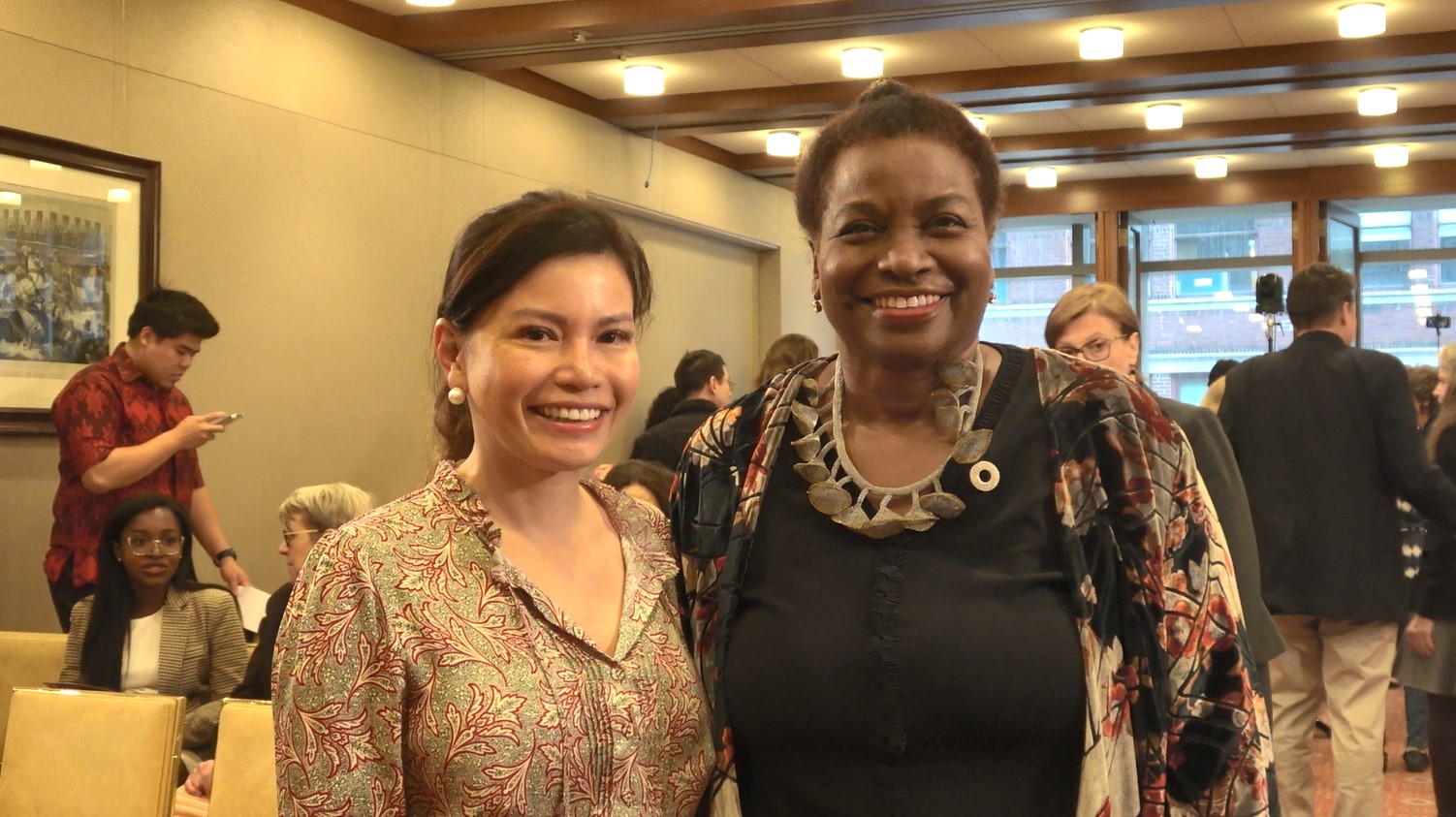
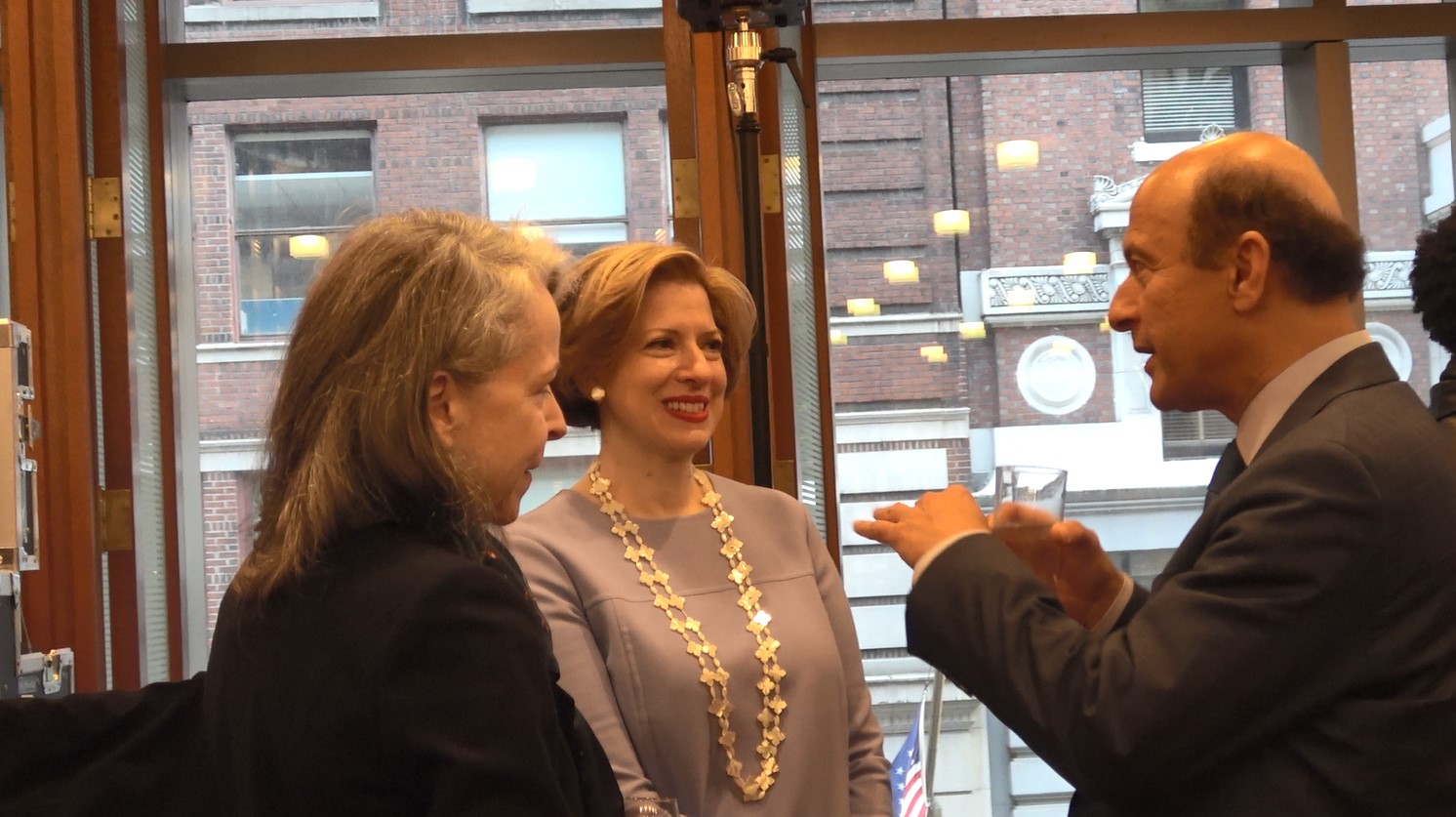
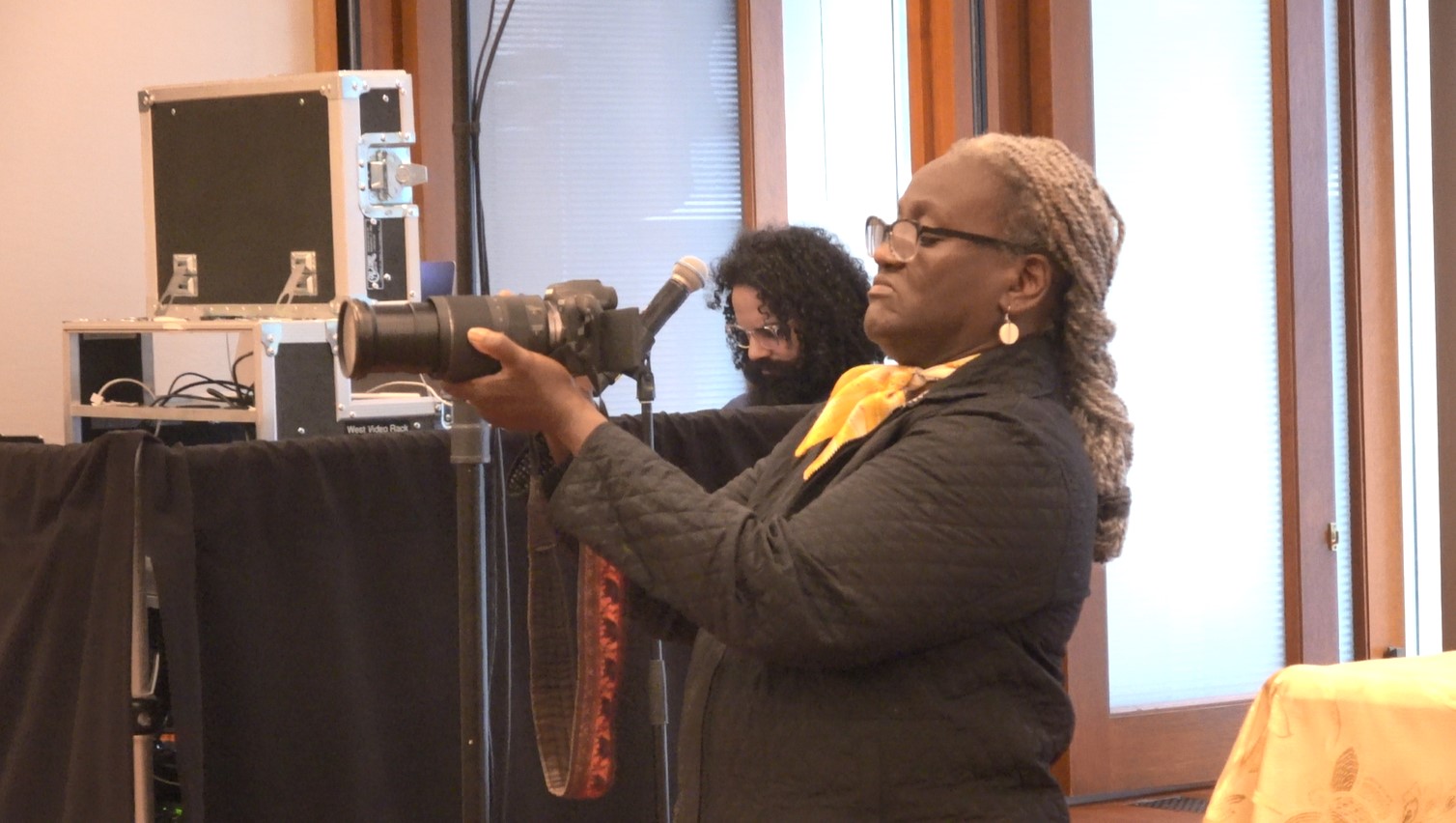
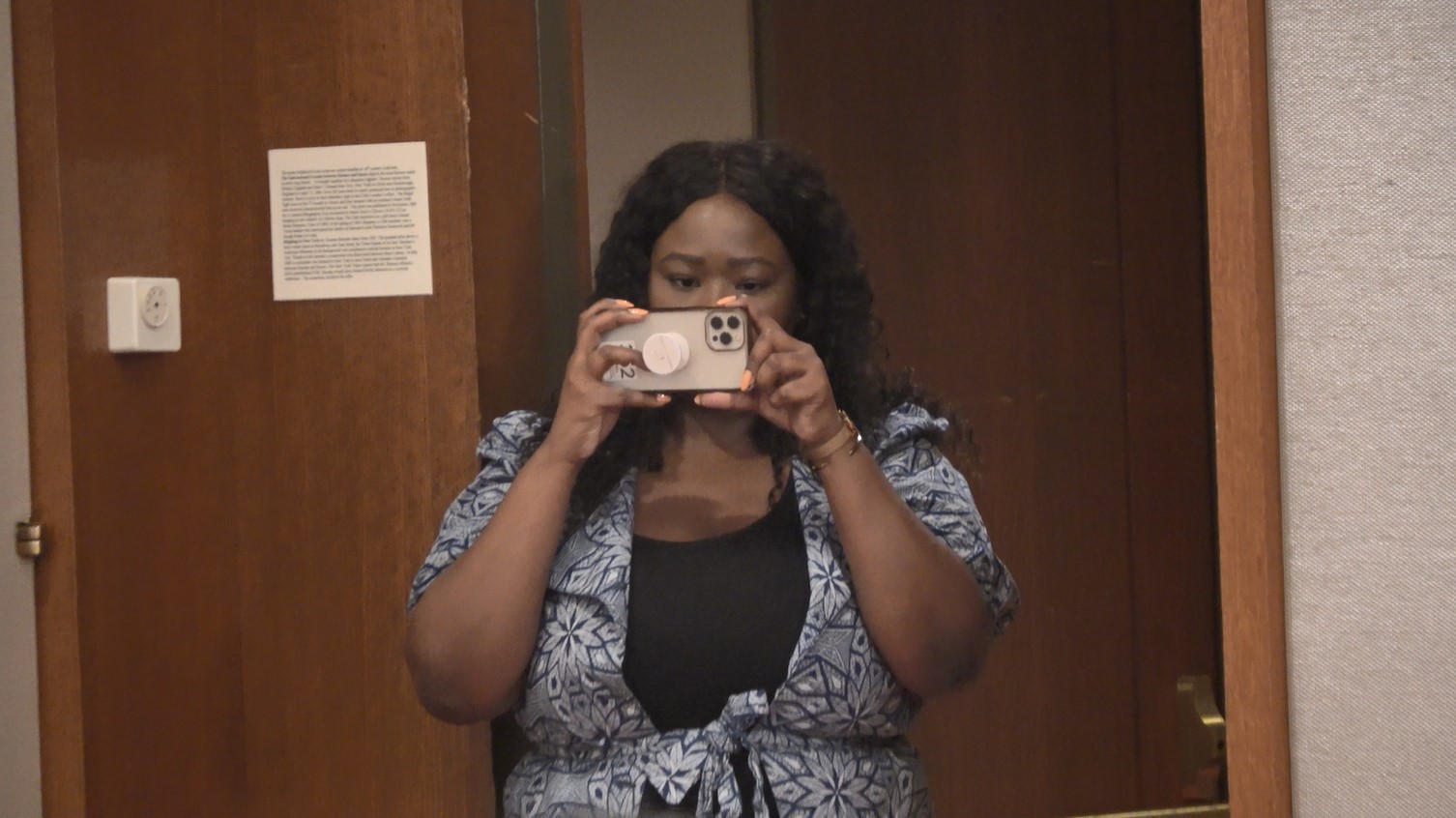
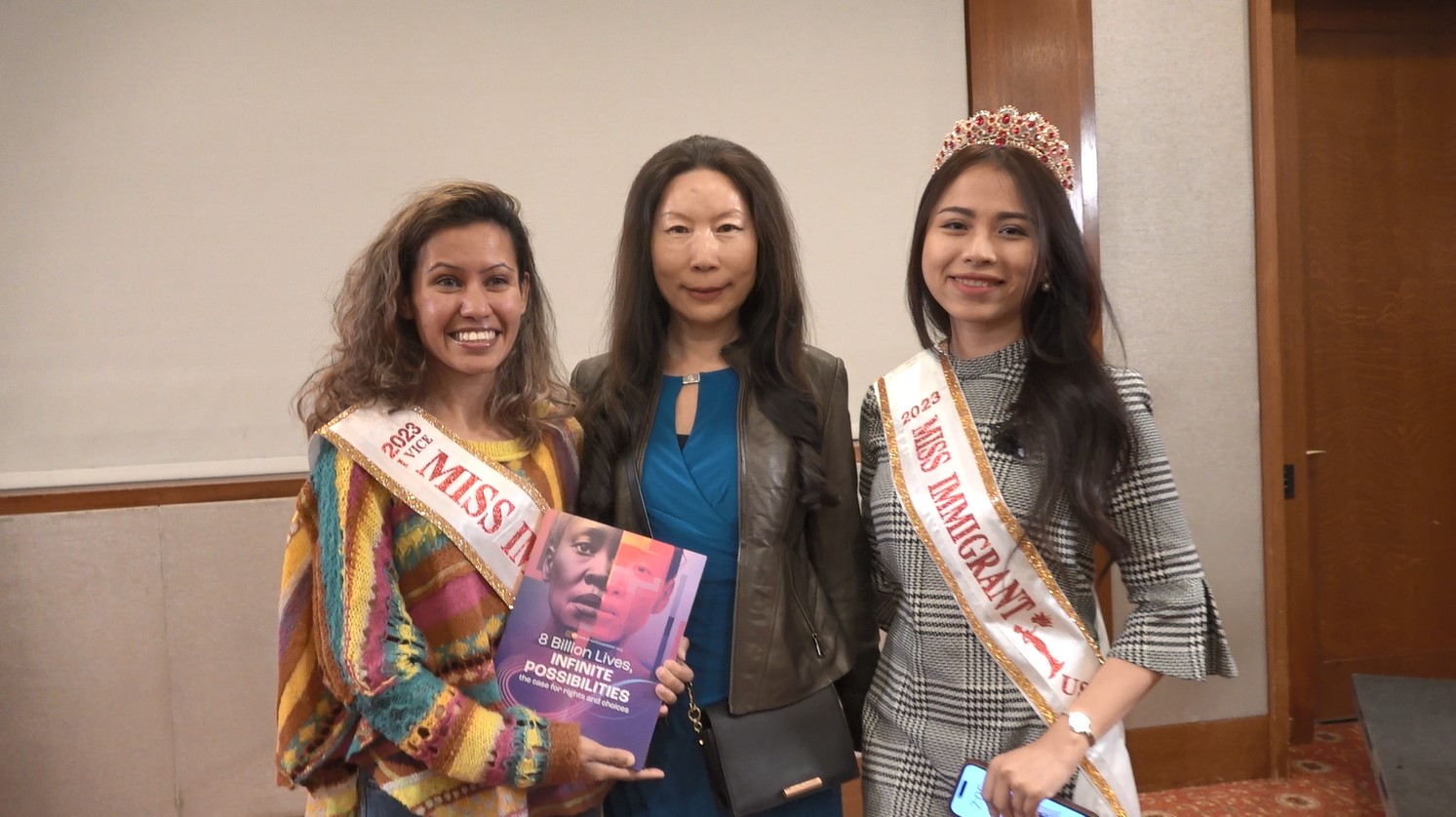
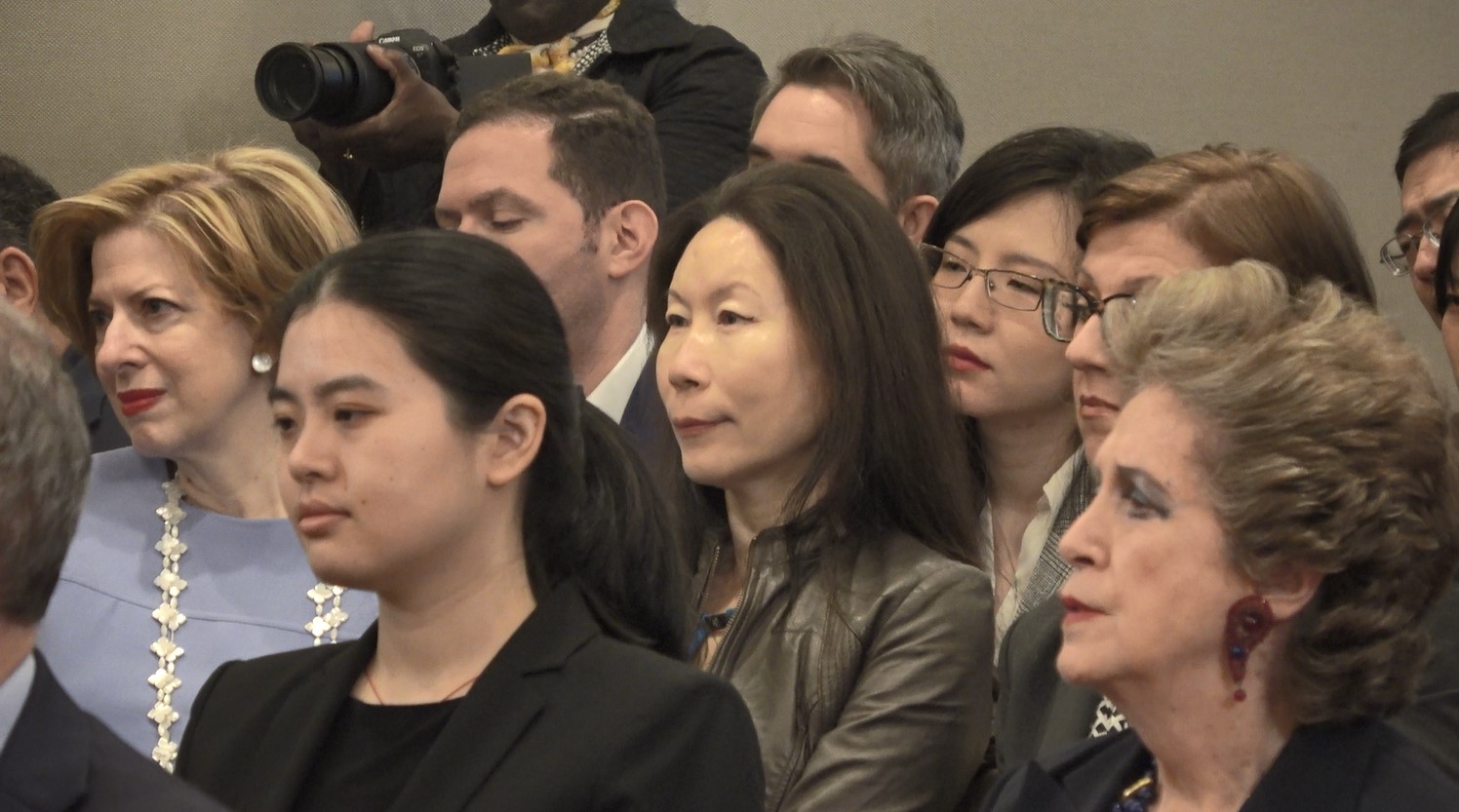
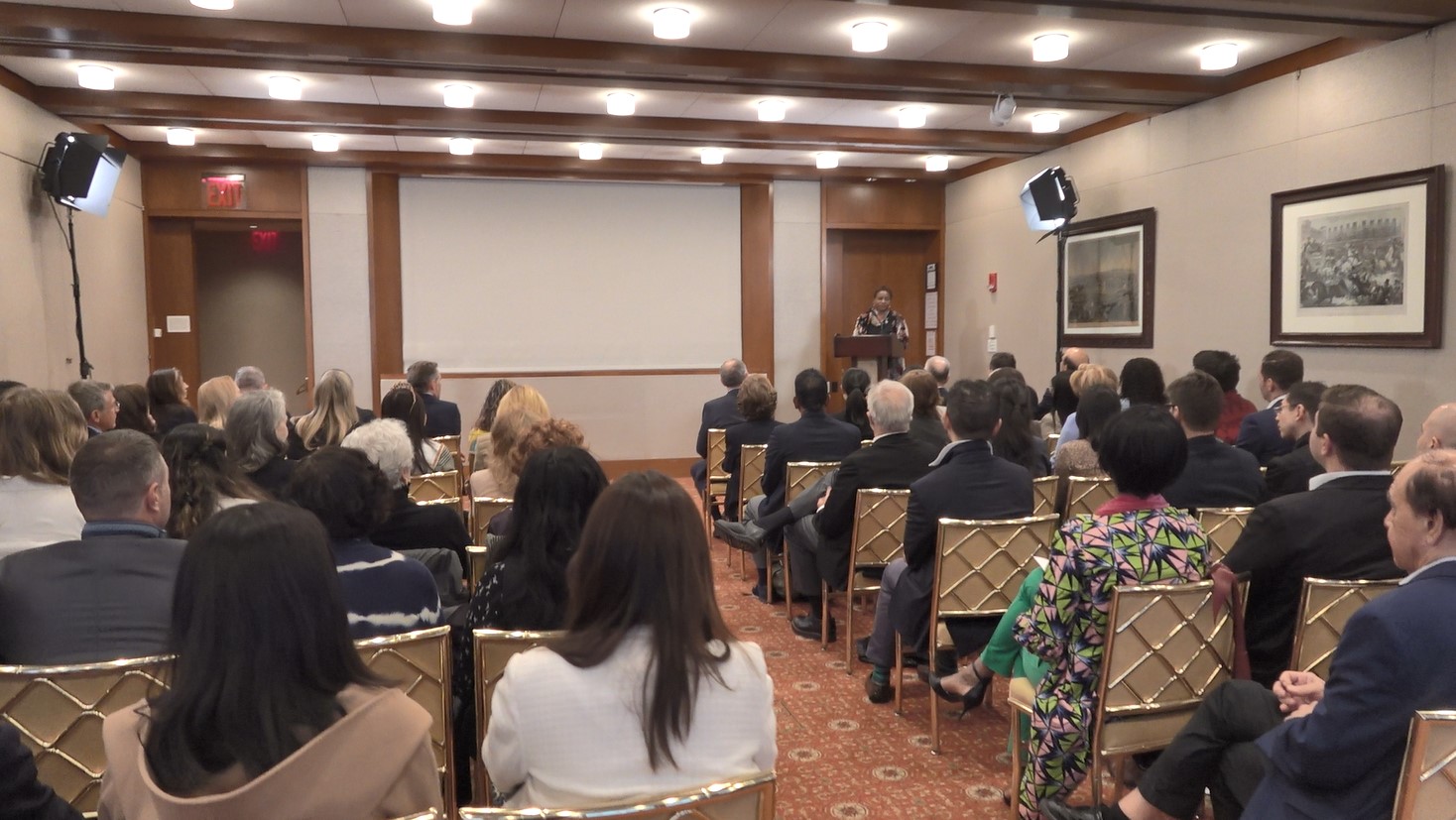
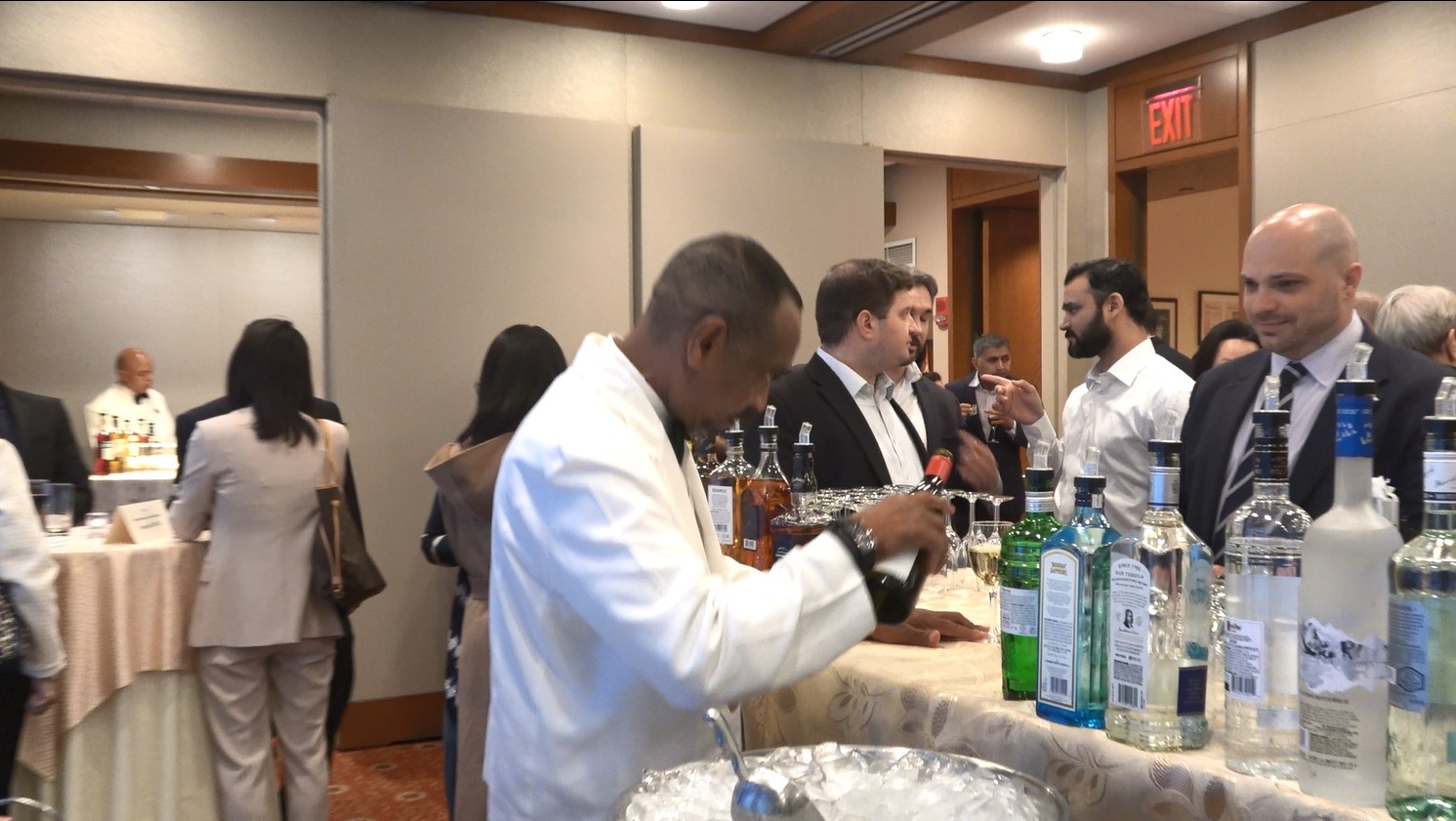
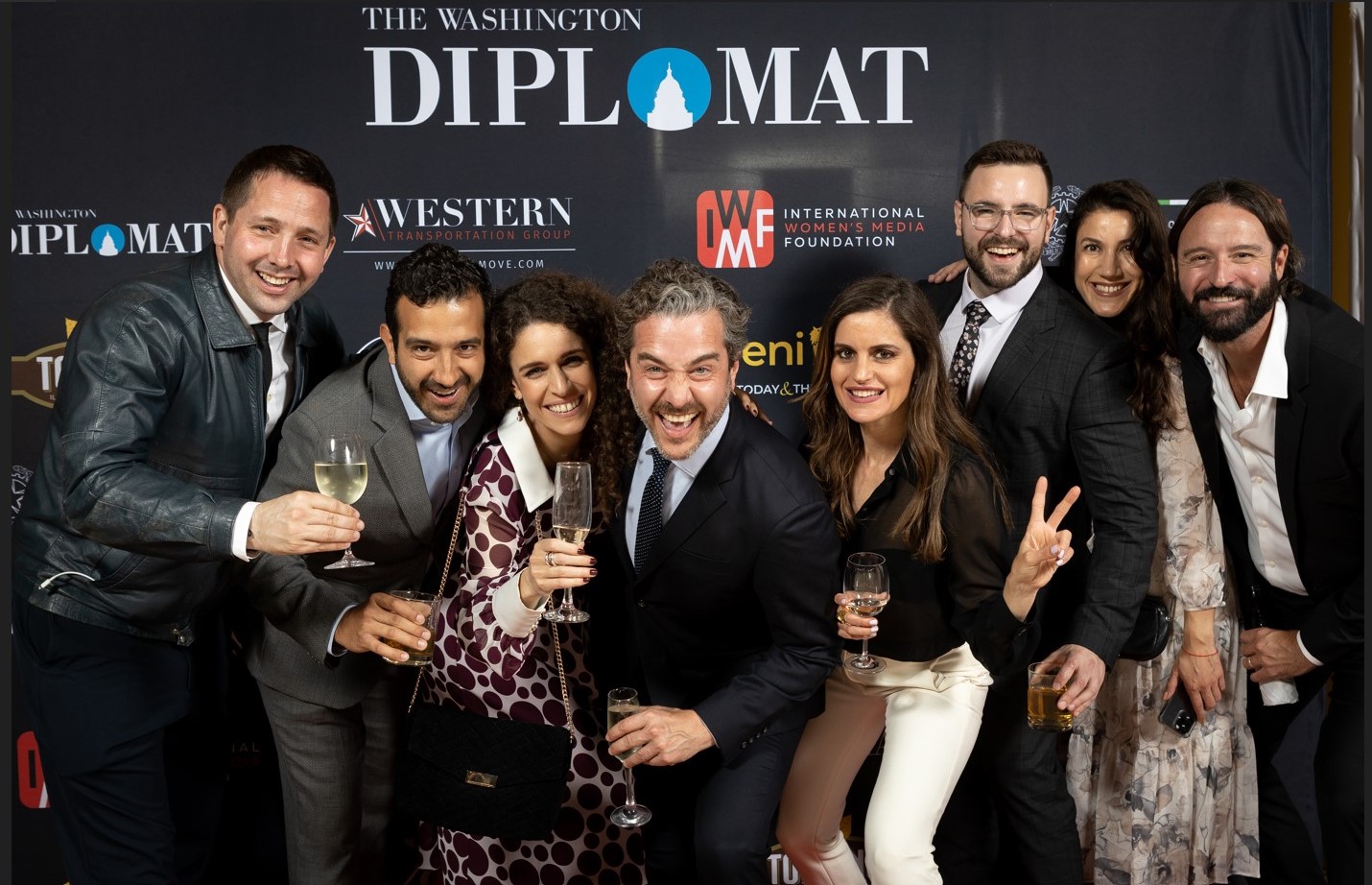
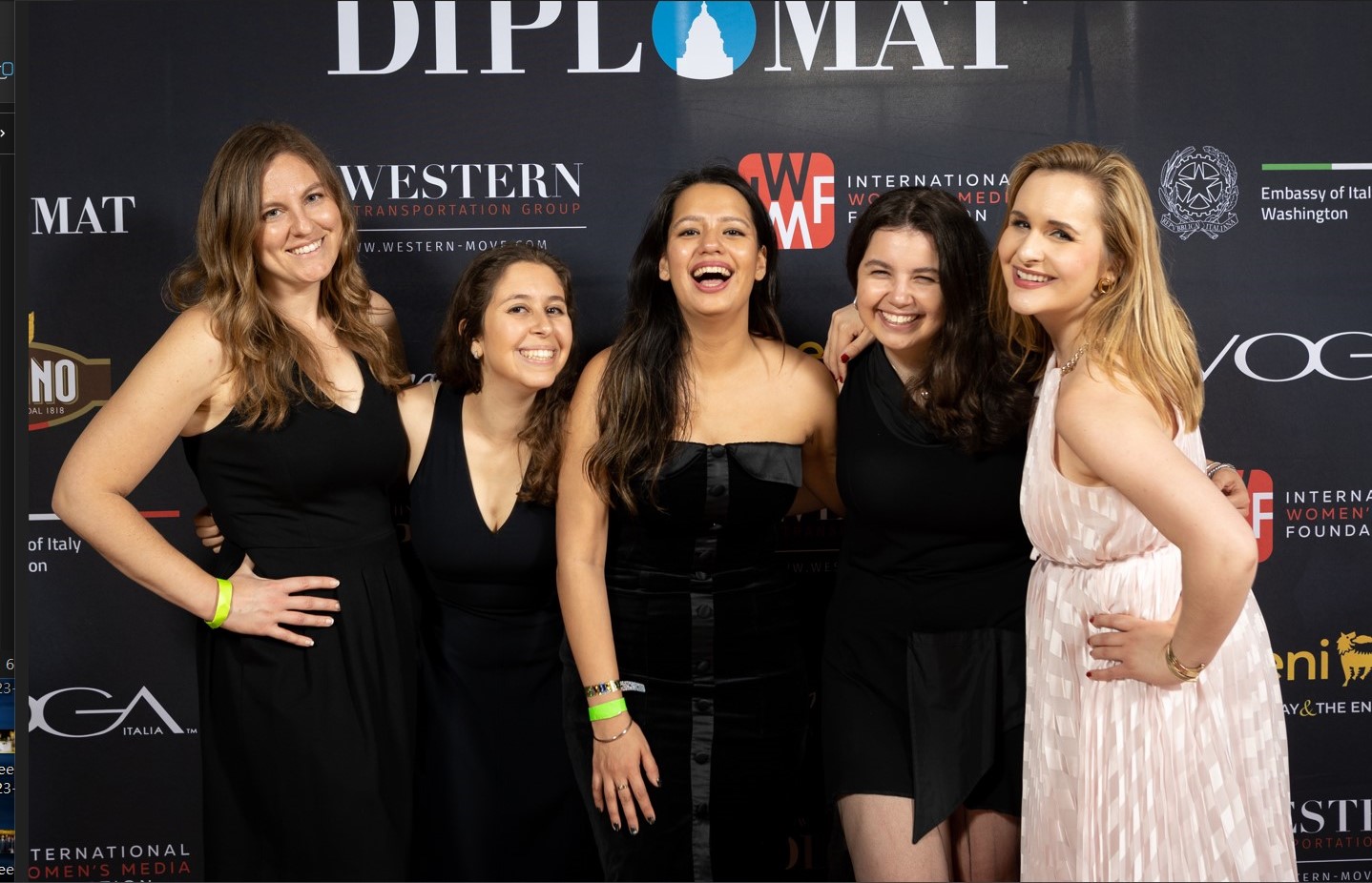

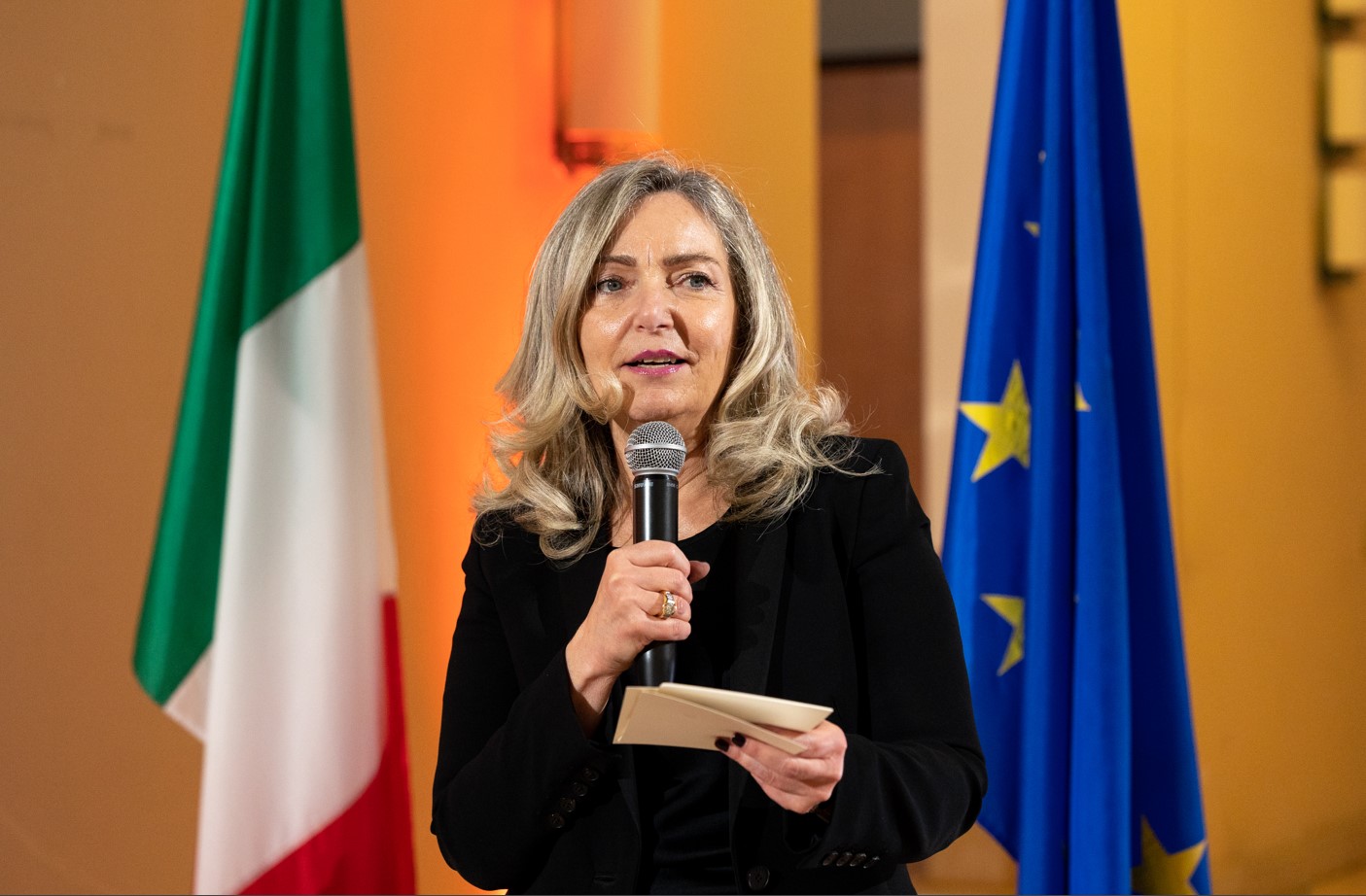
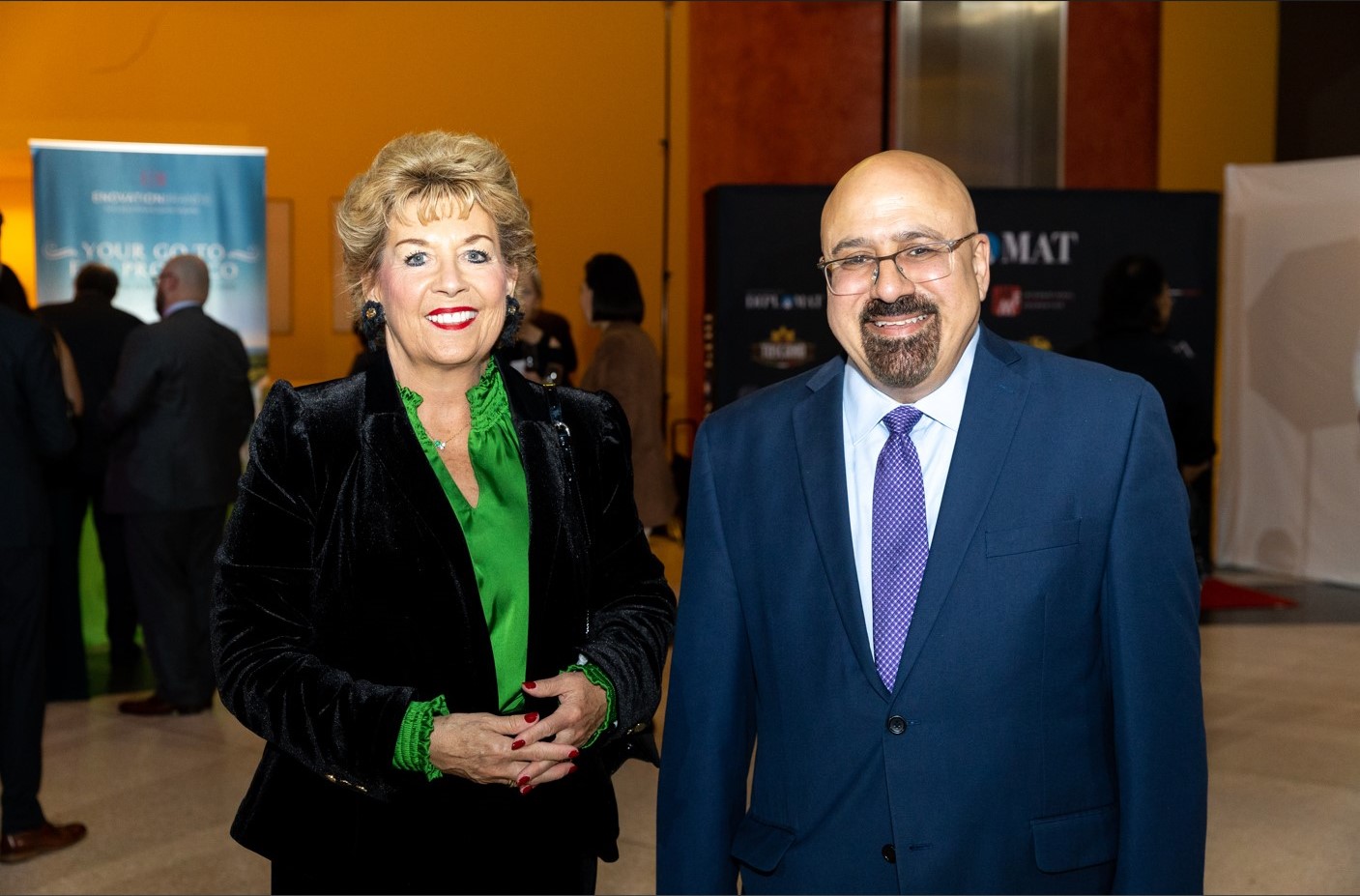

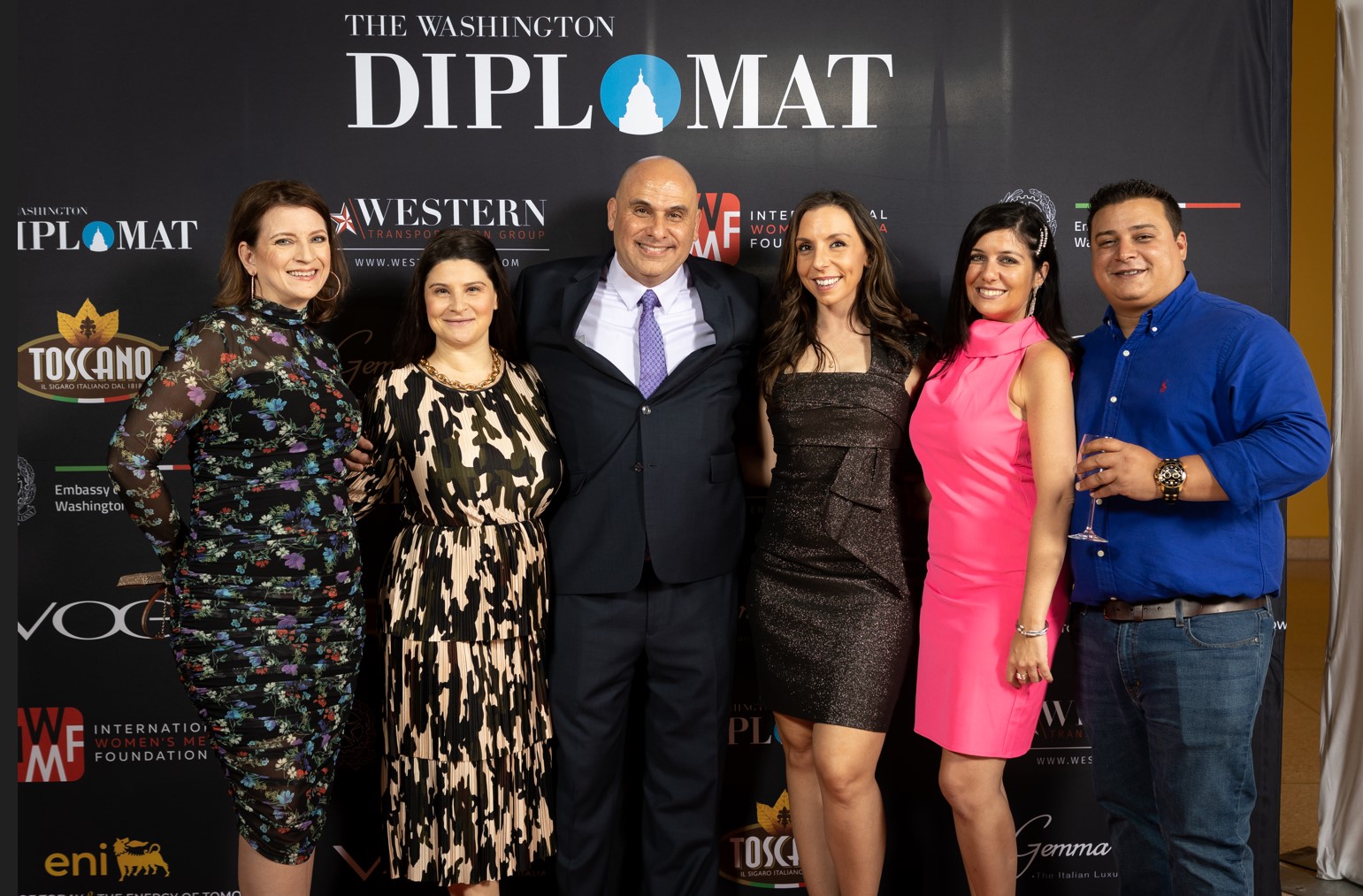
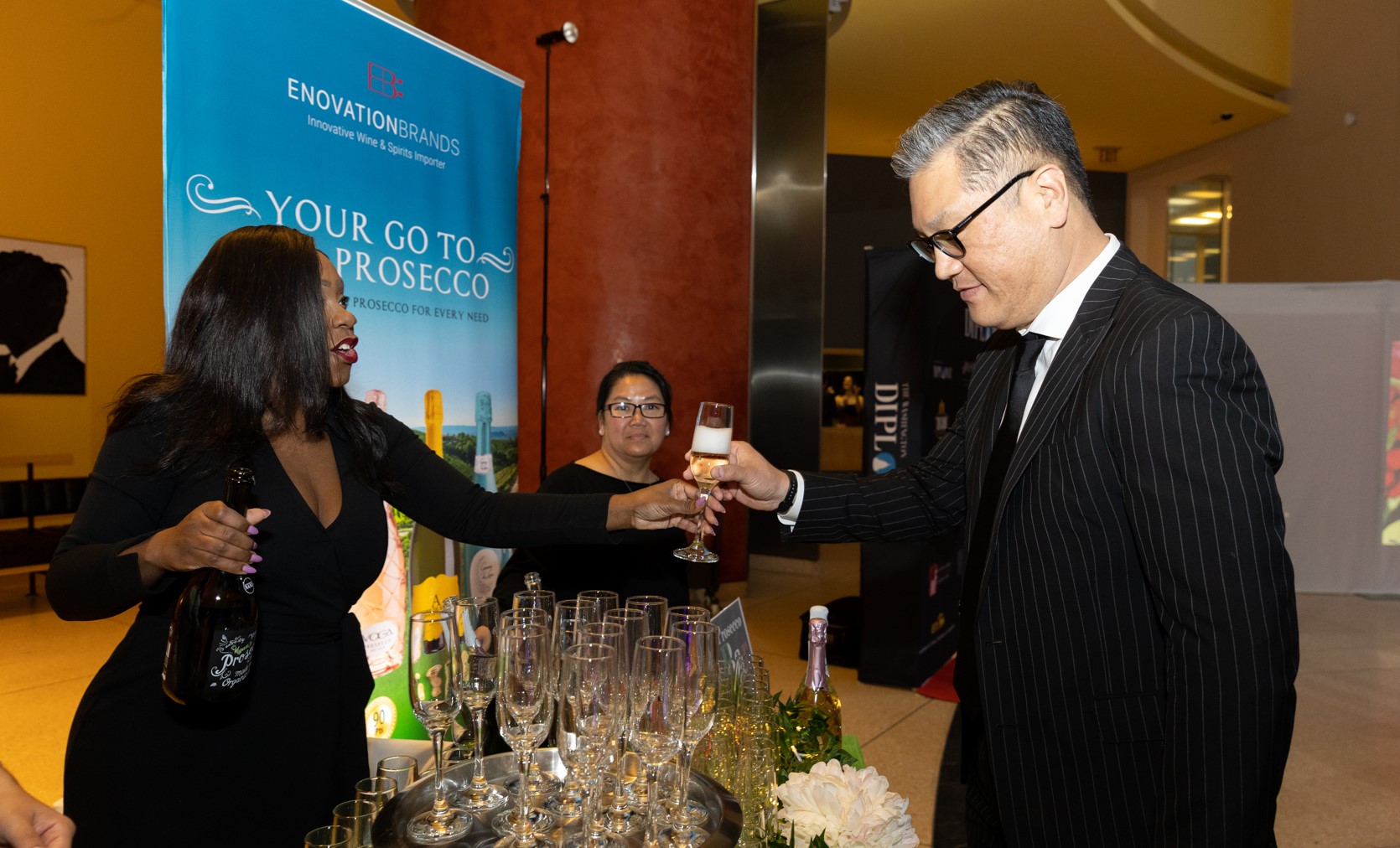


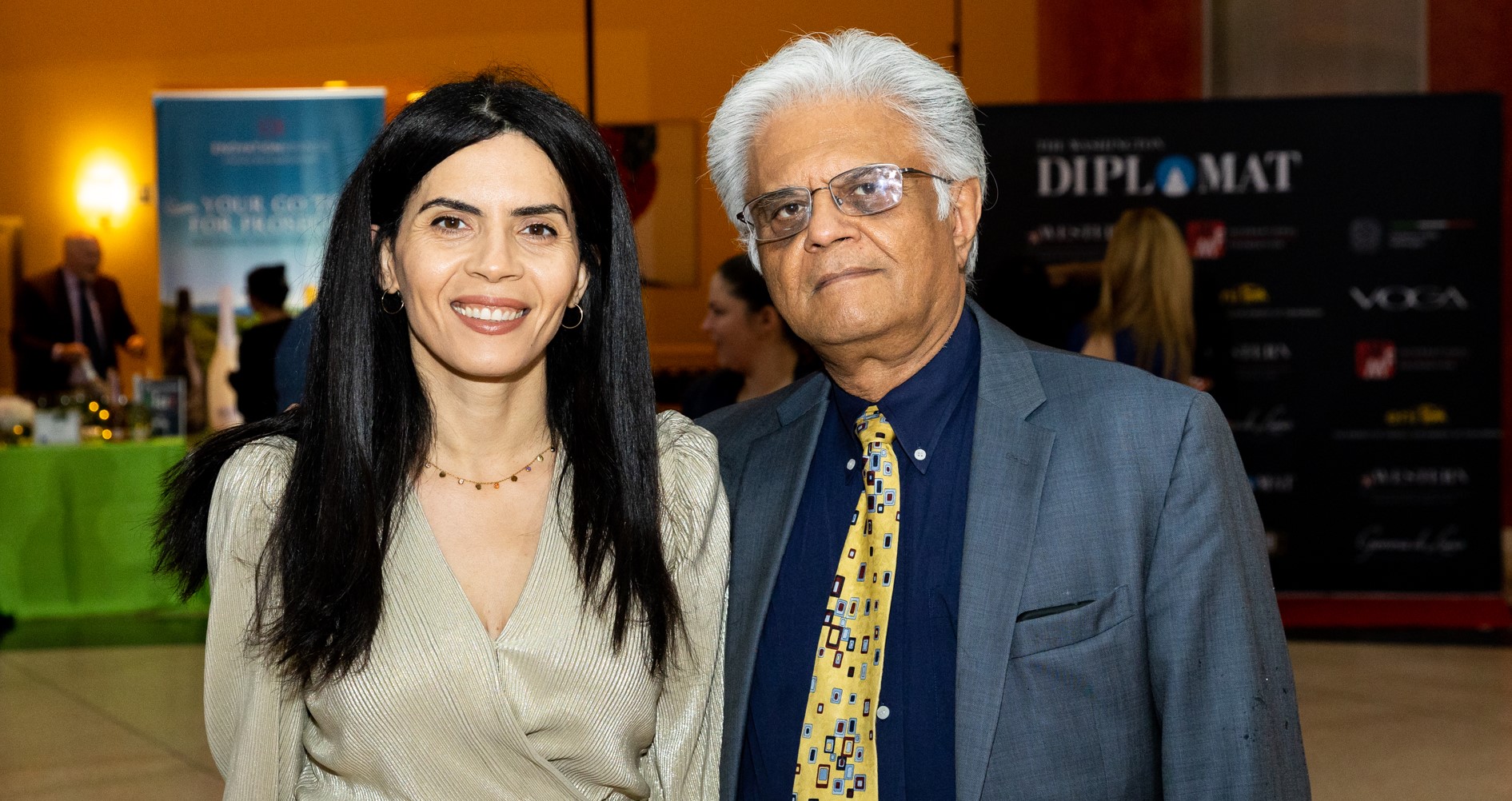




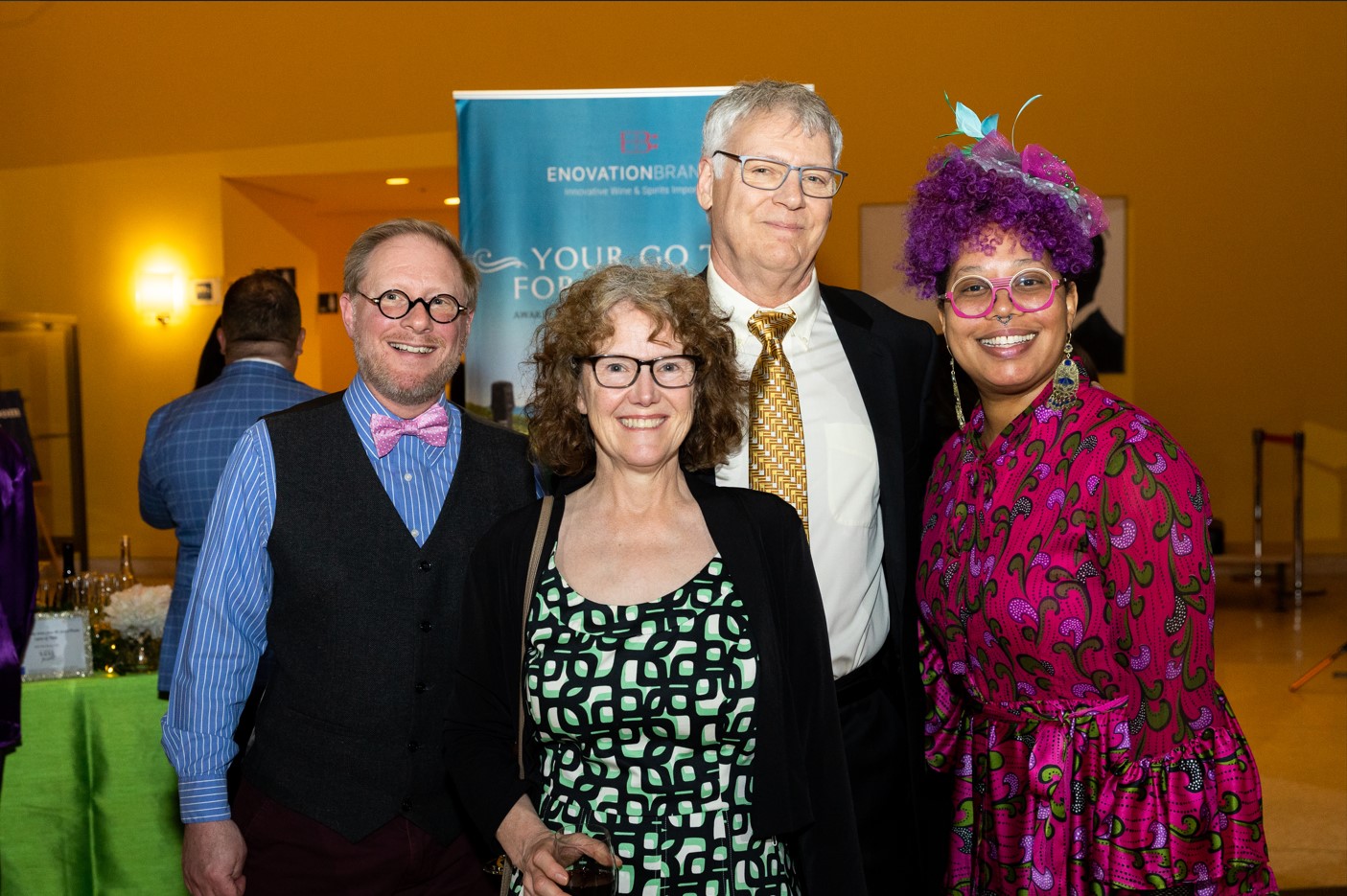

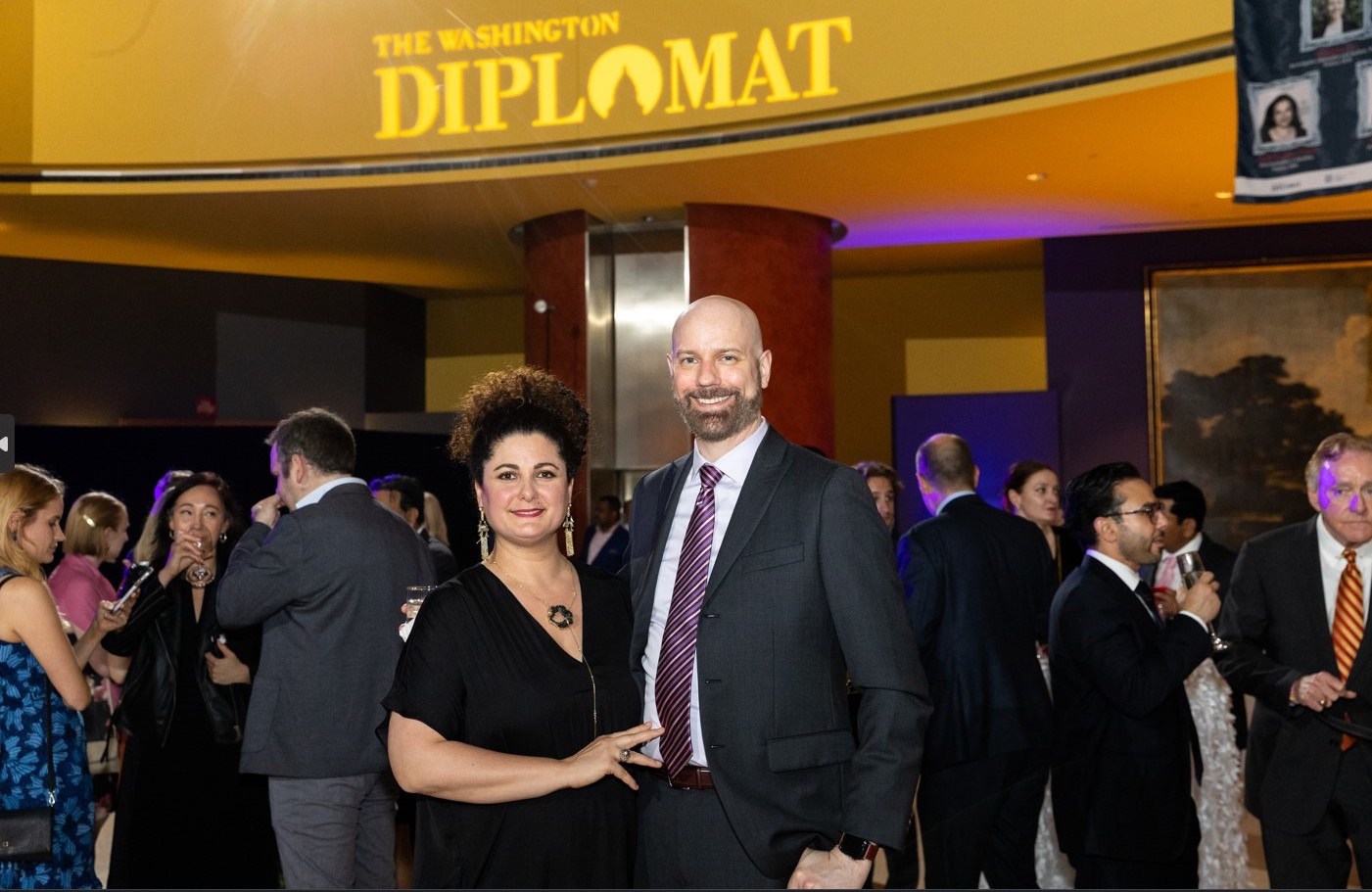

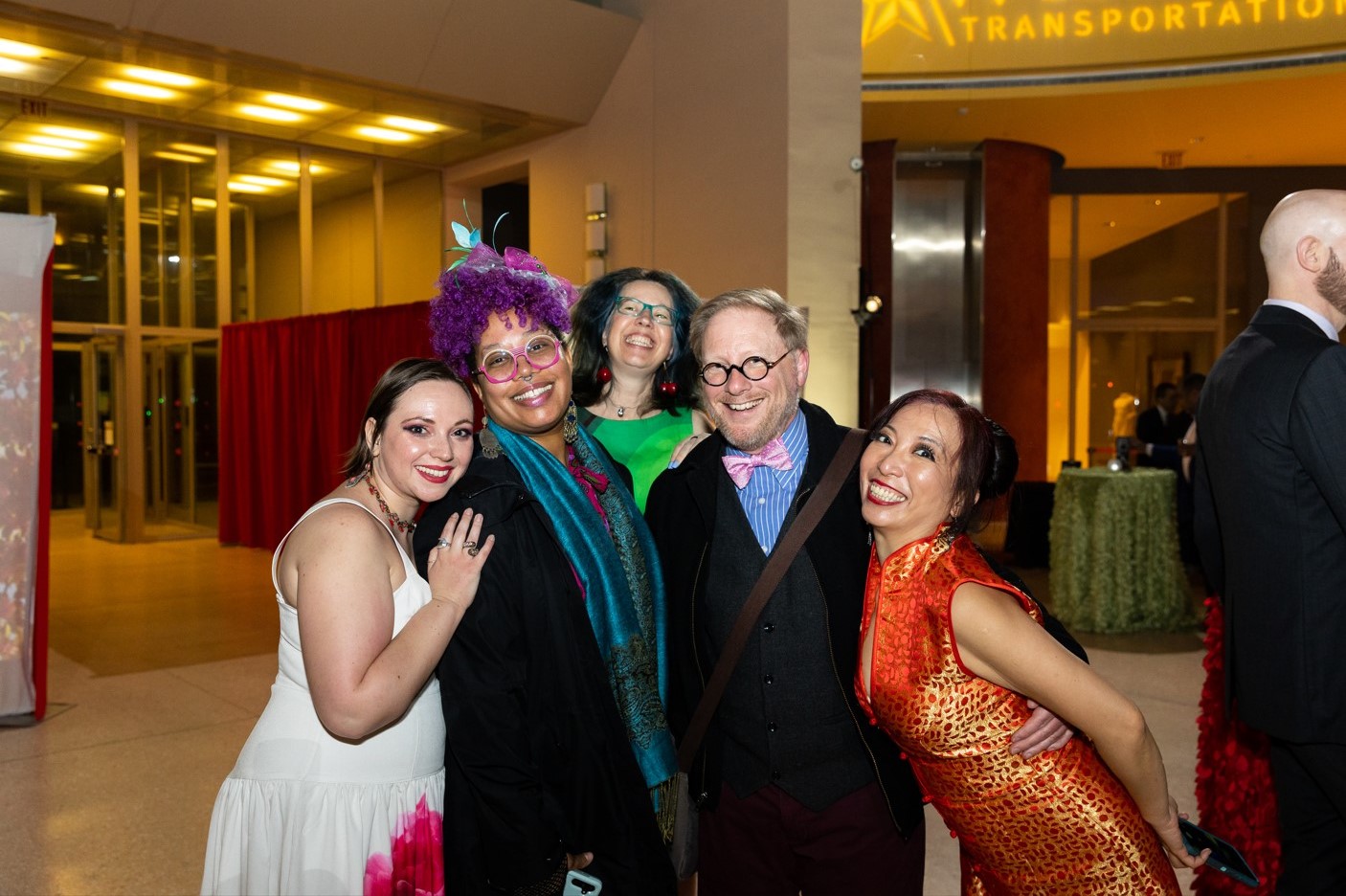
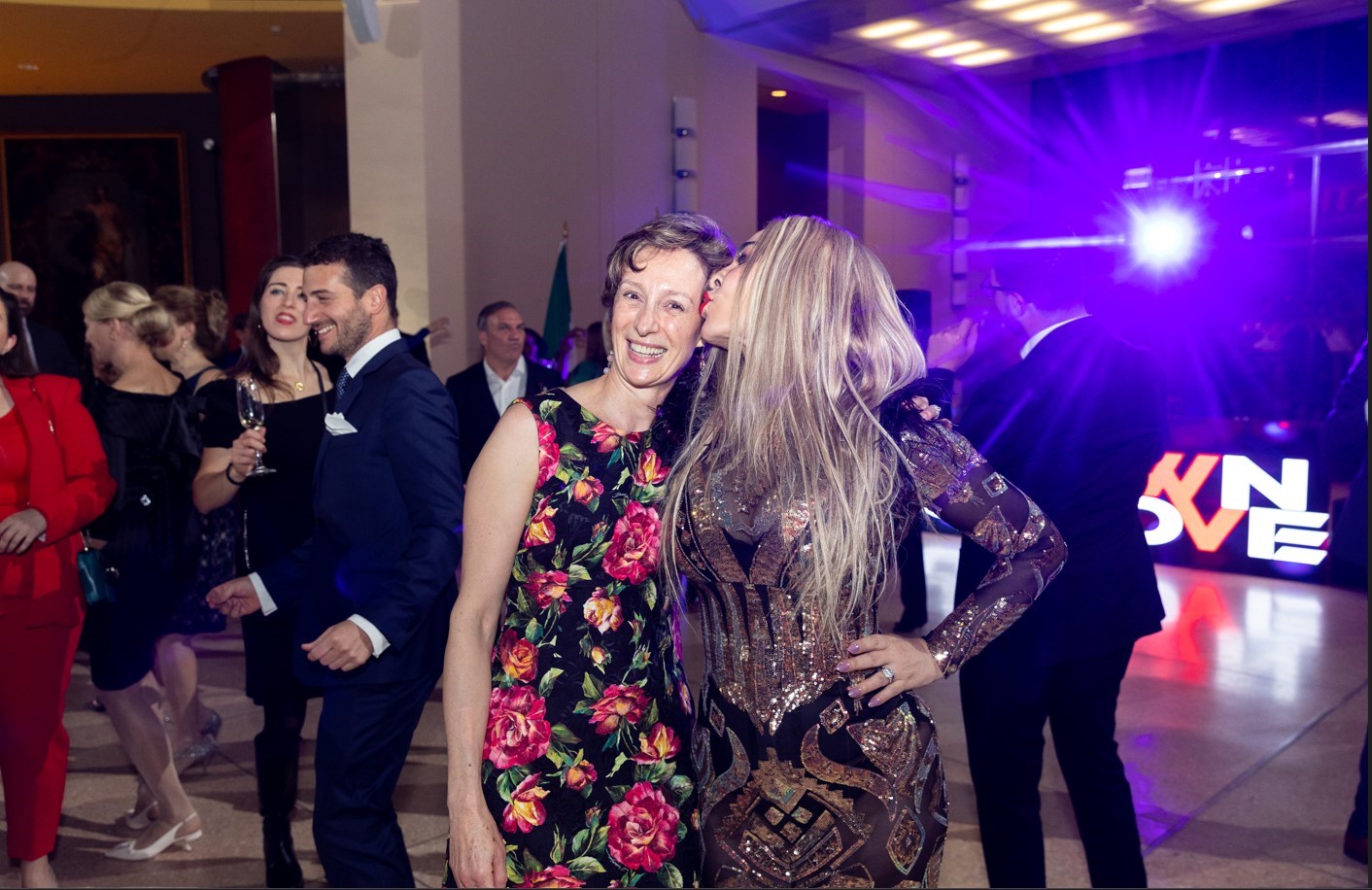
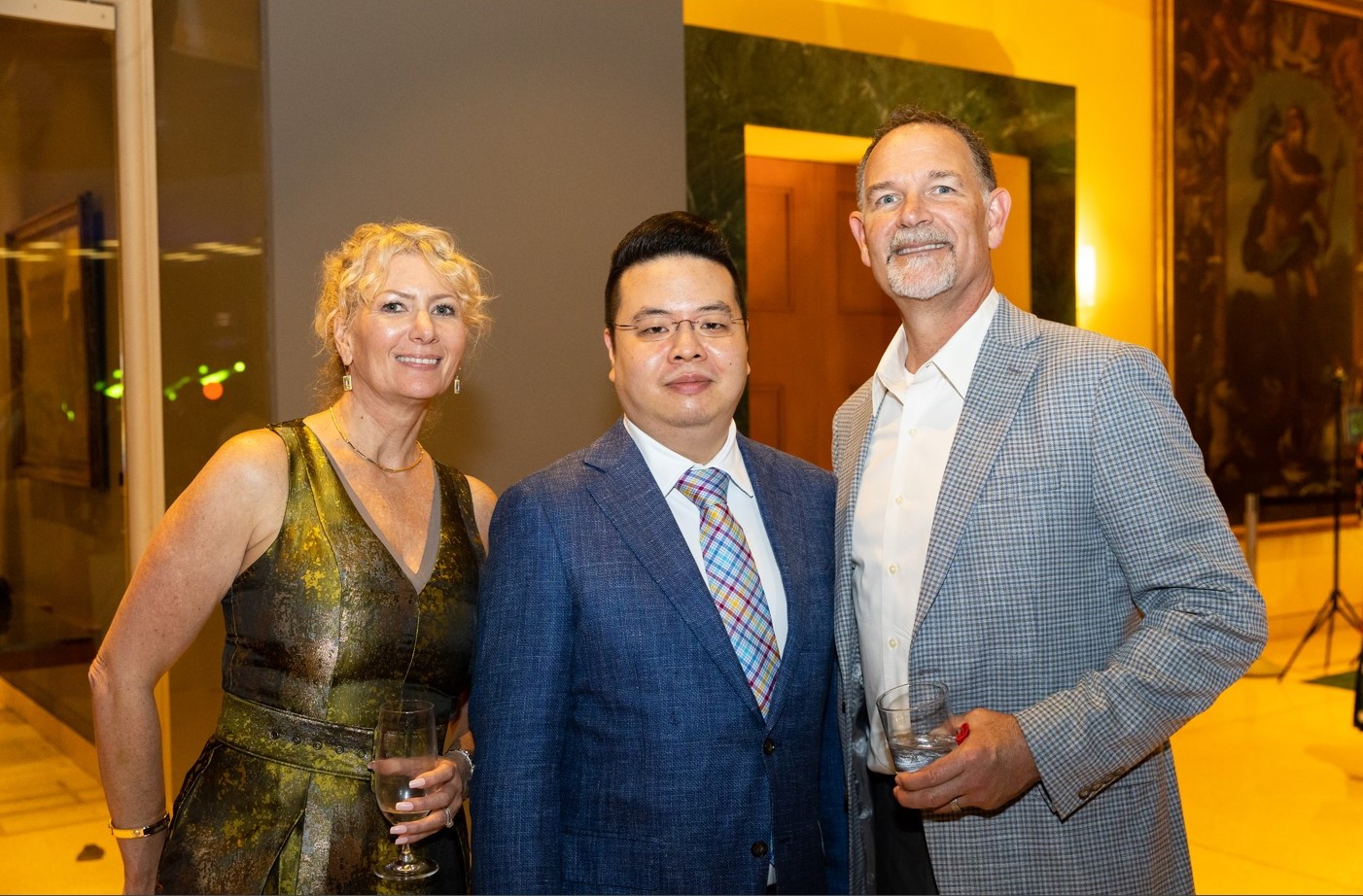
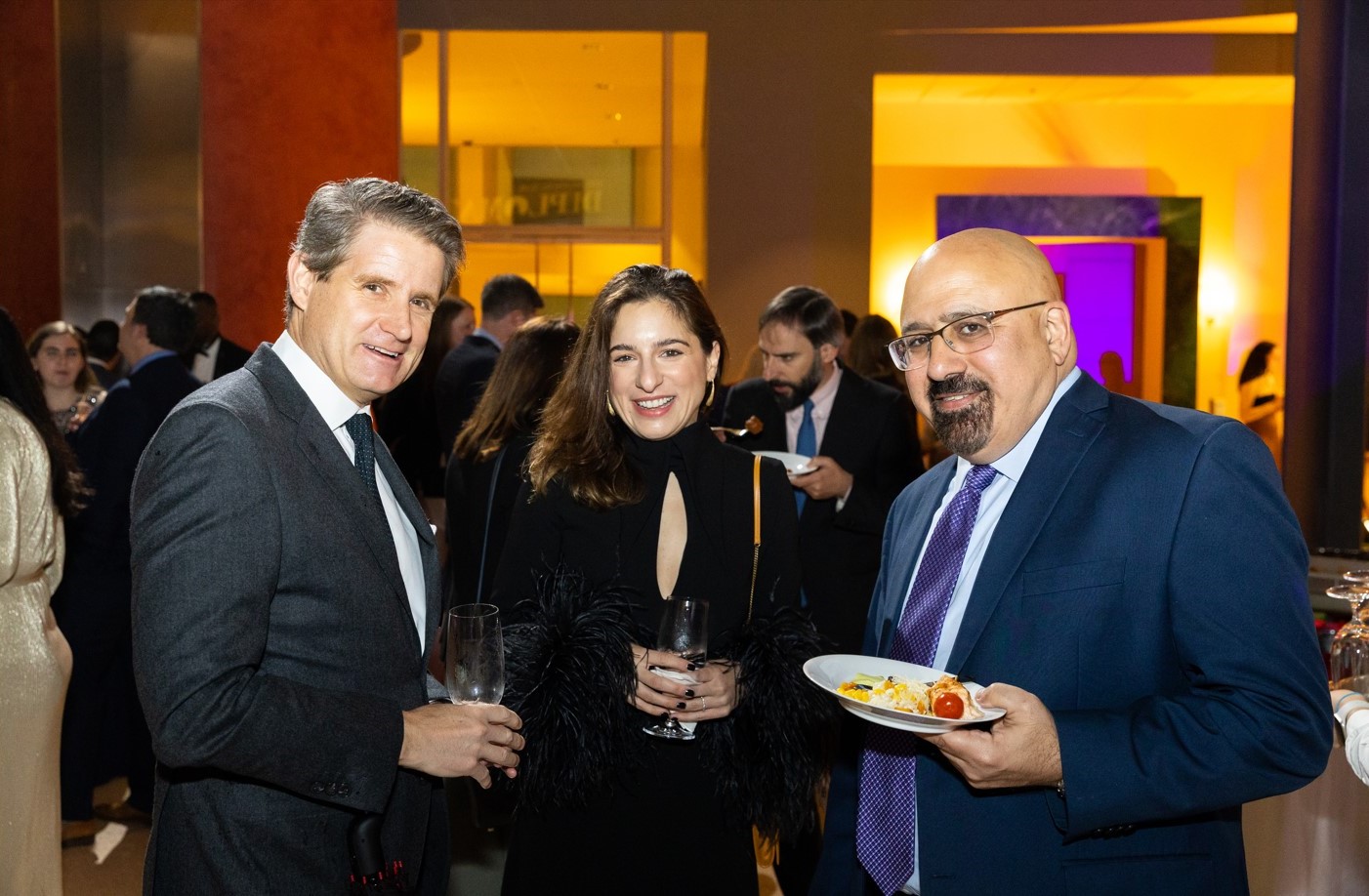
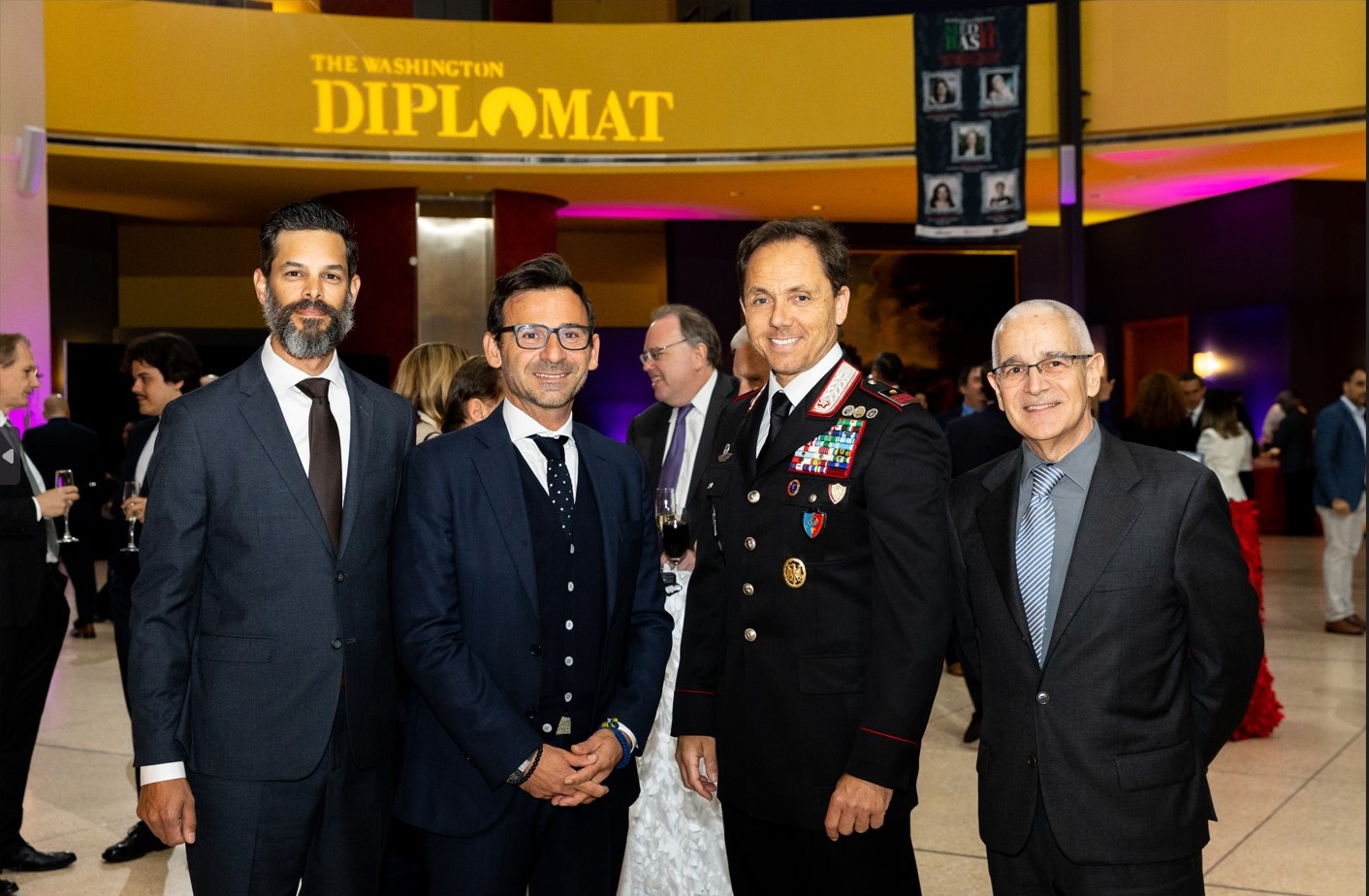

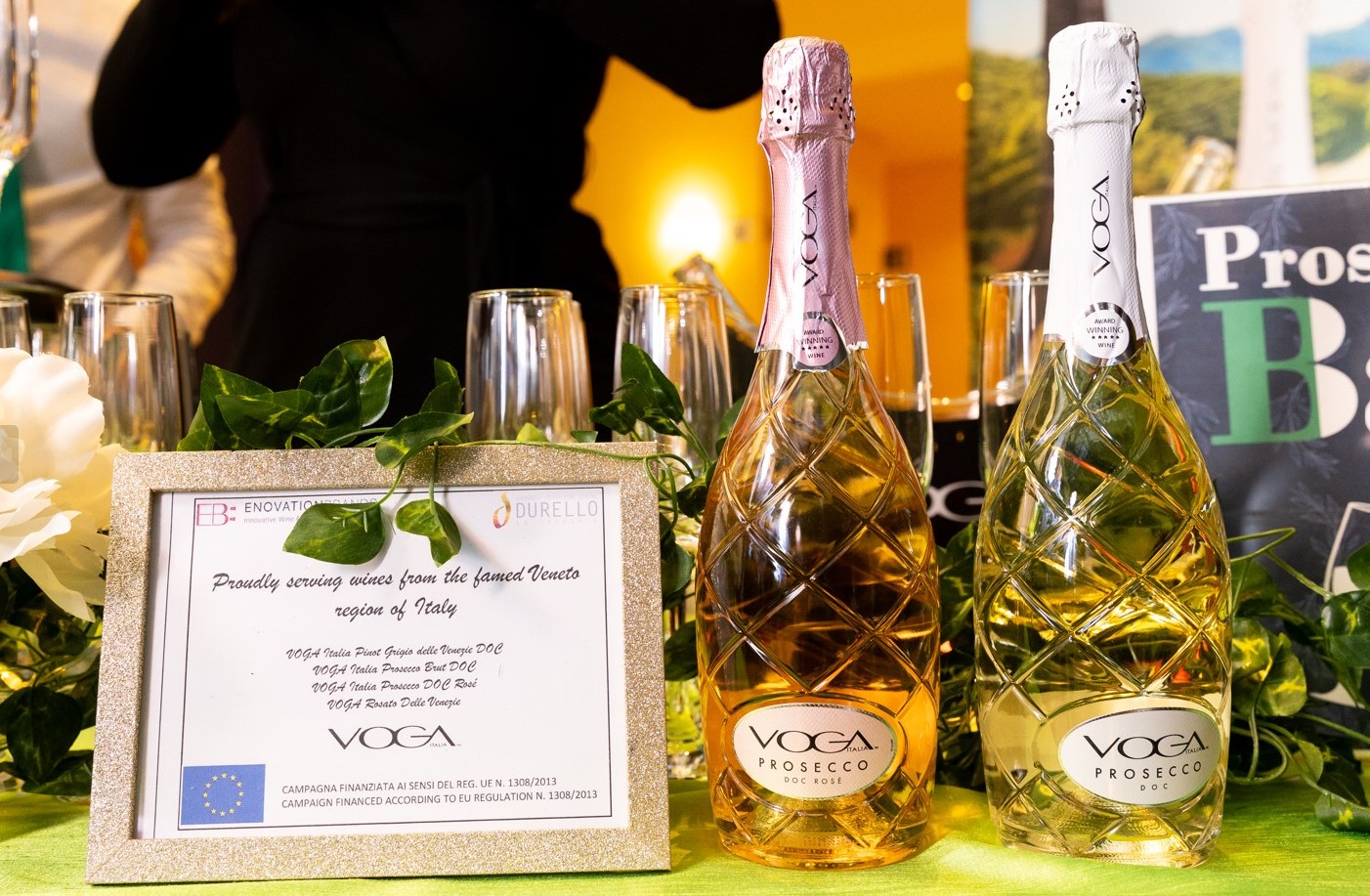



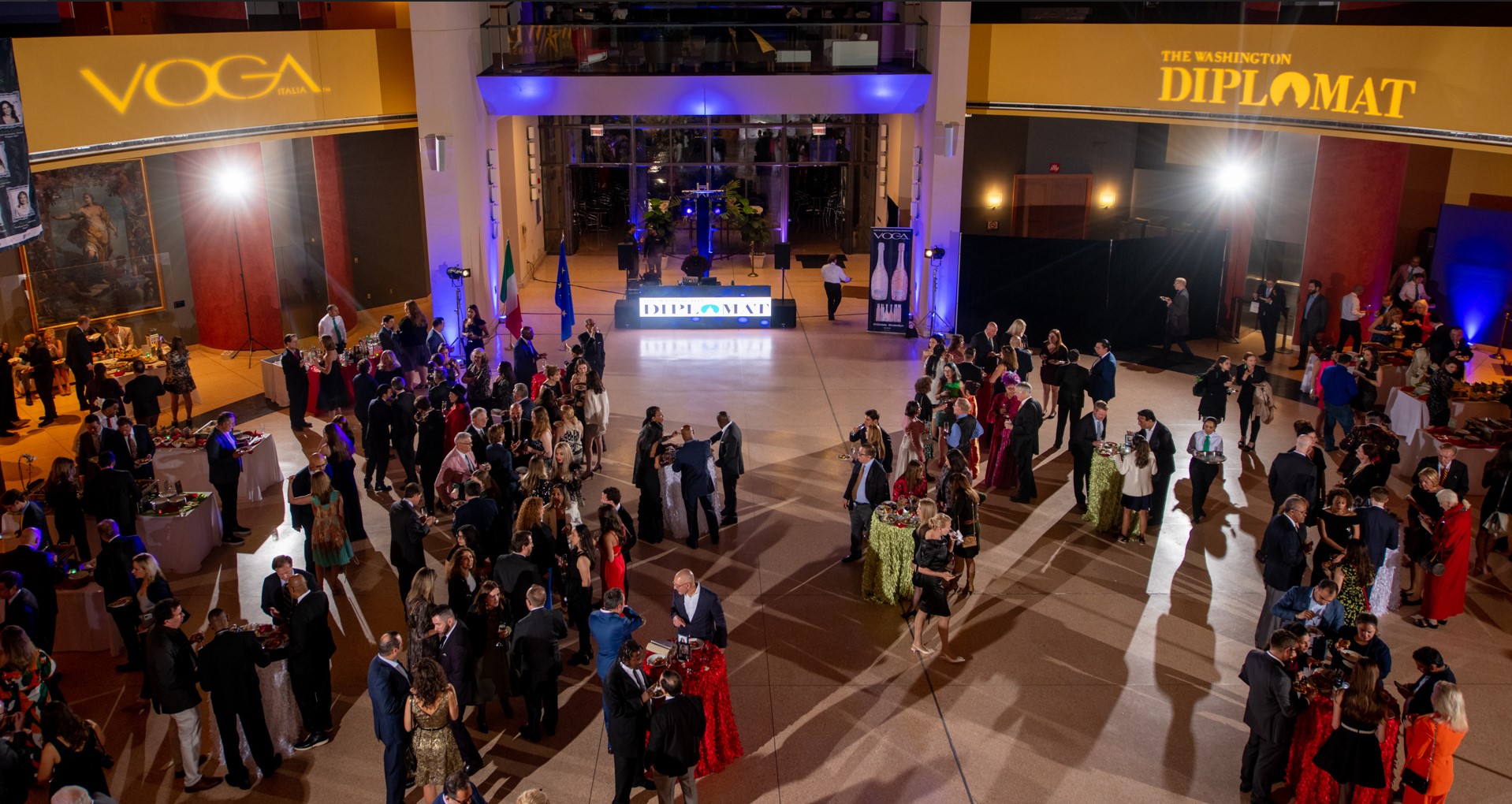
 © Juan Carlos Rojas Secretary-General António Guterres receives the Carlos V European Award from King Felipe VI for his extensive and long career dedicated to social commitment.
© Juan Carlos Rojas Secretary-General António Guterres receives the Carlos V European Award from King Felipe VI for his extensive and long career dedicated to social commitment.